
The first net-zero emissions mosque opens in the Middle East and in the UAE
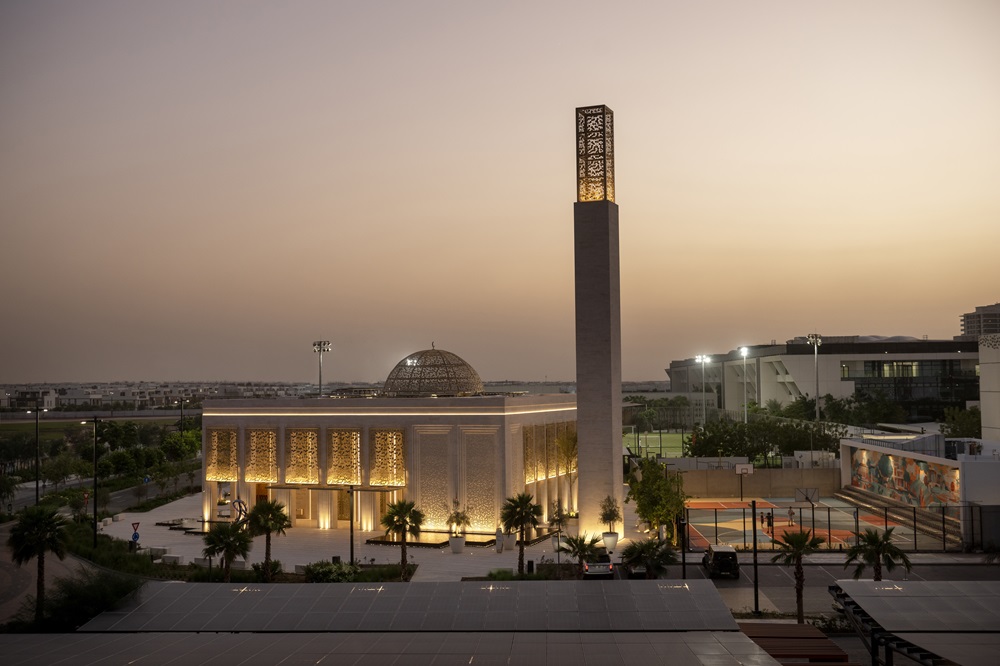
Majid Al Futtaim, a company involved in the development and management of shopping malls, retail centres, and entertainment facilities across the Middle East, Africa, and Asia, has inaugurated the first net-zero emissions mosque in the Middle East, named after its late founder, Majid Al Futtaim. Located within the premier residential community of "Tilal Al Ghaf" in Dubai, the mosque's design is based on sustainable and advanced practices that ensure energy efficiency, resource optimization, and minimal environmental impact, aligning with the UAE’s Green Agenda 2030.
His Excellency Ahmed Darwish Al Mehairi, Director-General of the Islamic Affairs and Charitable Activities Department in Dubai, said: "The opening of the first net-zero emissions mosque in the Middle East is an achievement that reflects our deep commitment to sustainability principles that meet our aspirations for the future. This project represents a qualitative leap in environmental sustainability. It exemplifies our fruitful collaboration with Majid Al Futtaim in executing this project as a live example of a successful public-private partnership. It sets a new standard for responsible innovation in construction and maintenance. Being part of this achievement not only reflects our vision for the future but also aligns with the noble Islamic values that call for preserving and protecting the environment."
He added: "This project is fully aligned with the UAE Vision 2030, which focuses on balancing economic development with environmental preservation. We affirm our commitment to supporting this ambitious green agenda, and we hope that this project will inspire more initiatives in the region and around the world, encouraging all sectors to adopt innovative solutions that contribute to building a sustainable environment that ensures safety and well-being for future generations. We are proud to be part of this project, which will testify to our shared aspirations for a more sustainable and prosperous future."
Commenting on the mosque’s opening, Ahmed Jalal Ismail, CEO of Majid Al Futtaim Holding, said: "It is a great honour to inaugurate the Majid Al Futtaim Mosque, which represents a lasting symbol of the legacy of our late founder and a tribute to his commitment to serving the communities in which we operate. As the first zero-energy mosque in the region, this space has been thoughtfully designed to be the cornerstone of the community, combining sustainable design principles with Islamic values. We sincerely thank the Islamic Affairs and Charitable Activities Department for their full support of this project, which has significantly enhanced our positive social and environmental impact."
Thanks to a series of outstanding sustainable practices being implemented, the Majid Al Futtaim Mosque is expected to be the first project to receive the BREEAM PRIME certification. This rating reflects commitment to environmental performance standards, assessing the building's specifications, design, construction, and usage according to defined criteria. The construction incorporates advanced mechanical, electrical, and plumbing (MEP) systems, as well as renewable energy solutions and sustainable building practices that contribute to achieving "positive outcomes" in water consumption and carbon emissions. Key practices include a robust renewable energy setup, with a solar energy system installed to power the mosque fully, consisting of 203 photovoltaic panels placed on the mosque's roof and car park canopies. This provides a total installed solar capacity of 116.73 kW during peak hours and generates over 204,121 kWh annually, covering more than 115% of the mosque’s energy consumption. The excess green energy is fed back into the grid throughout the residential community. Additional measures include energy savings through a solar water heating system, energy-efficient LED lighting, high-efficiency HVAC systems, electric vehicle charging stations, and a Building Management System (BMS) to enhance energy consumption efficiency. The mosque has been designed with water efficiency, air quality, and the use of non-toxic materials to ensure a healthy environment. Low-carbon, sustainable materials from environmentally friendly sources have also been used to reduce the project's carbon footprint.
The one-of-a-kind structure reinforces Majid Al Futtaim’s commitment to building a more sustainable future. The group aims to achieve "positive outcomes" in water consumption and carbon emissions for all its operations by 2040.





.jpg) Equipe de rédaction
Equipe de rédaction 
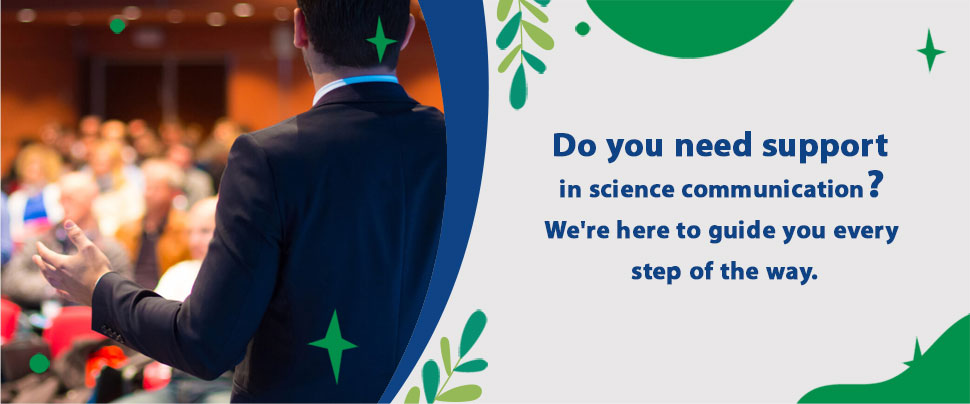

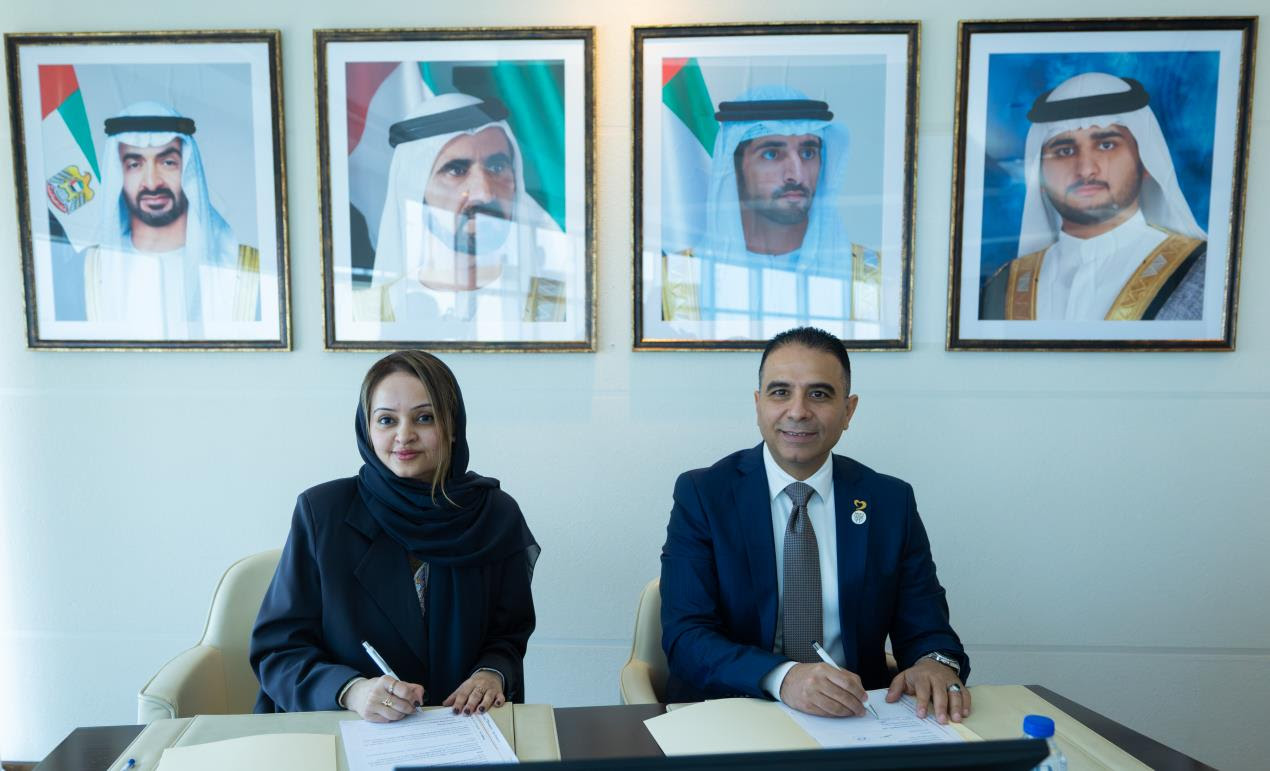

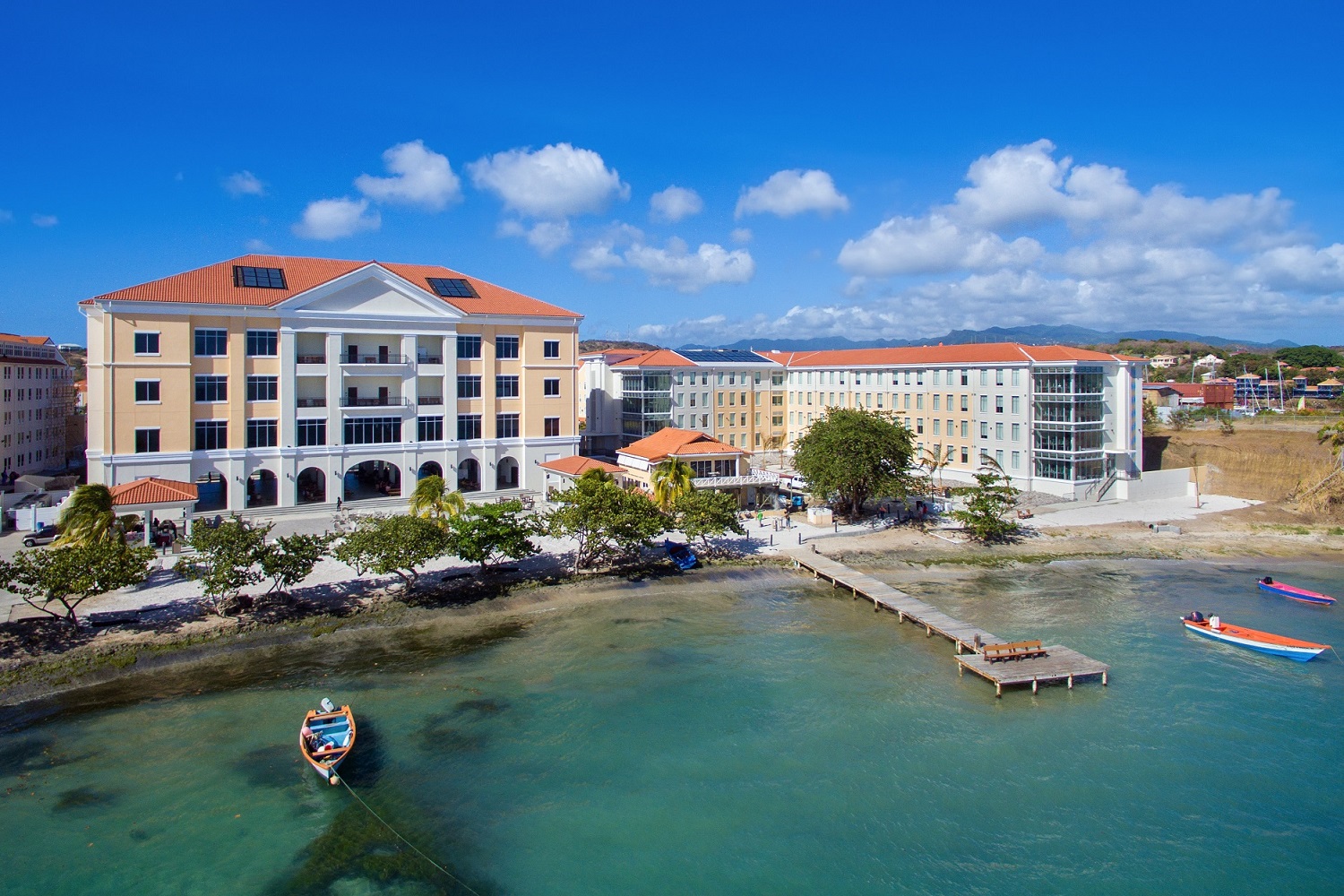
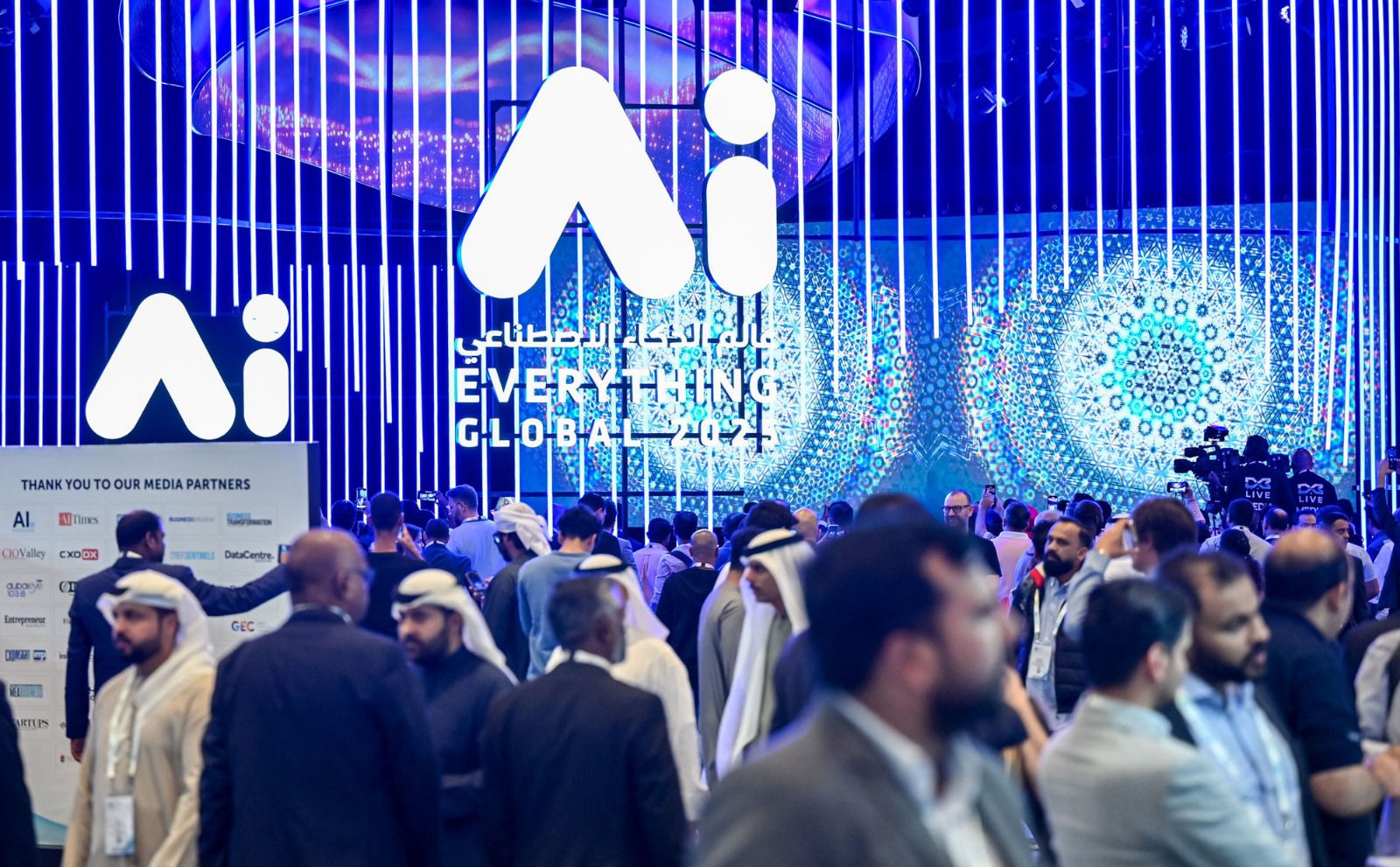
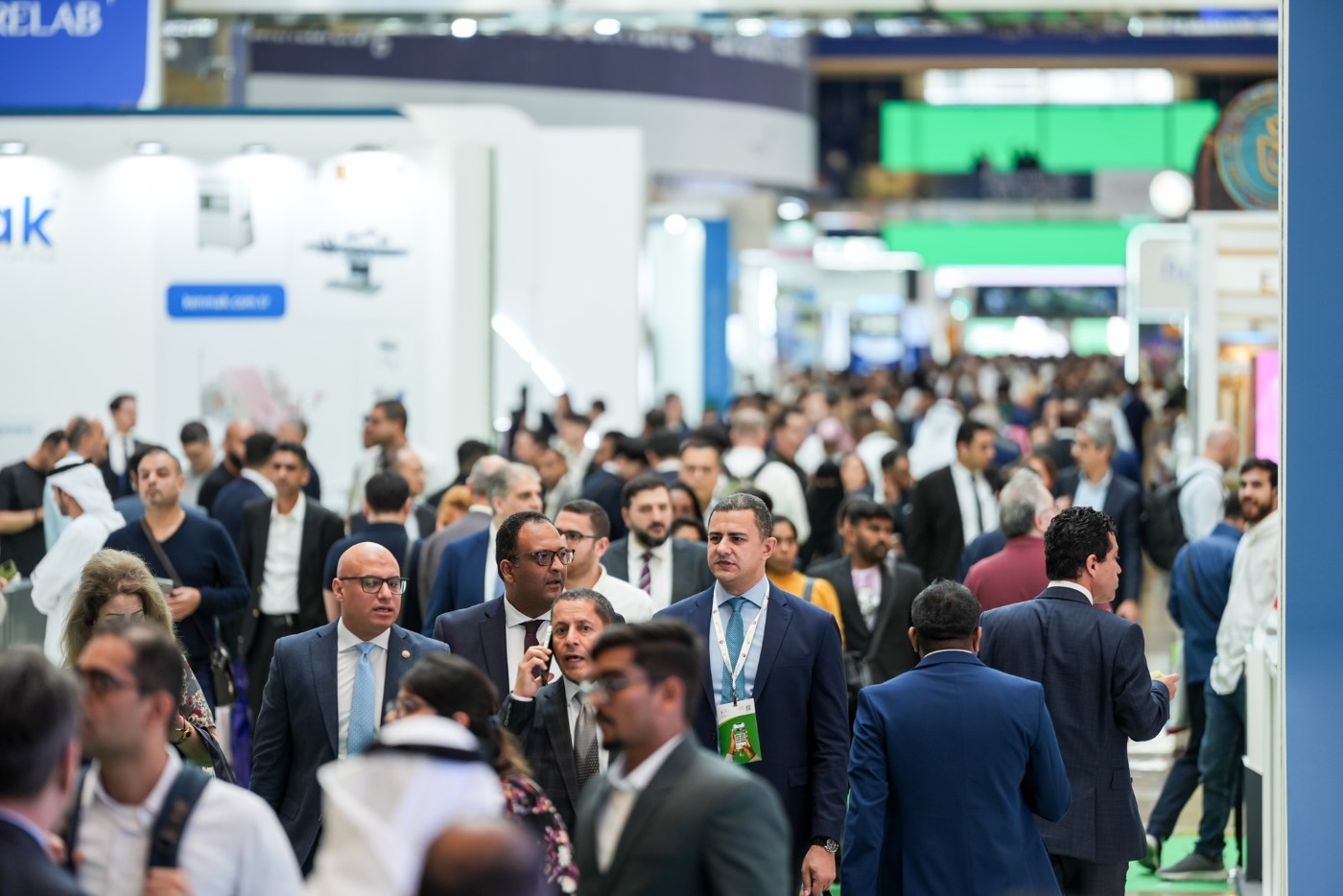


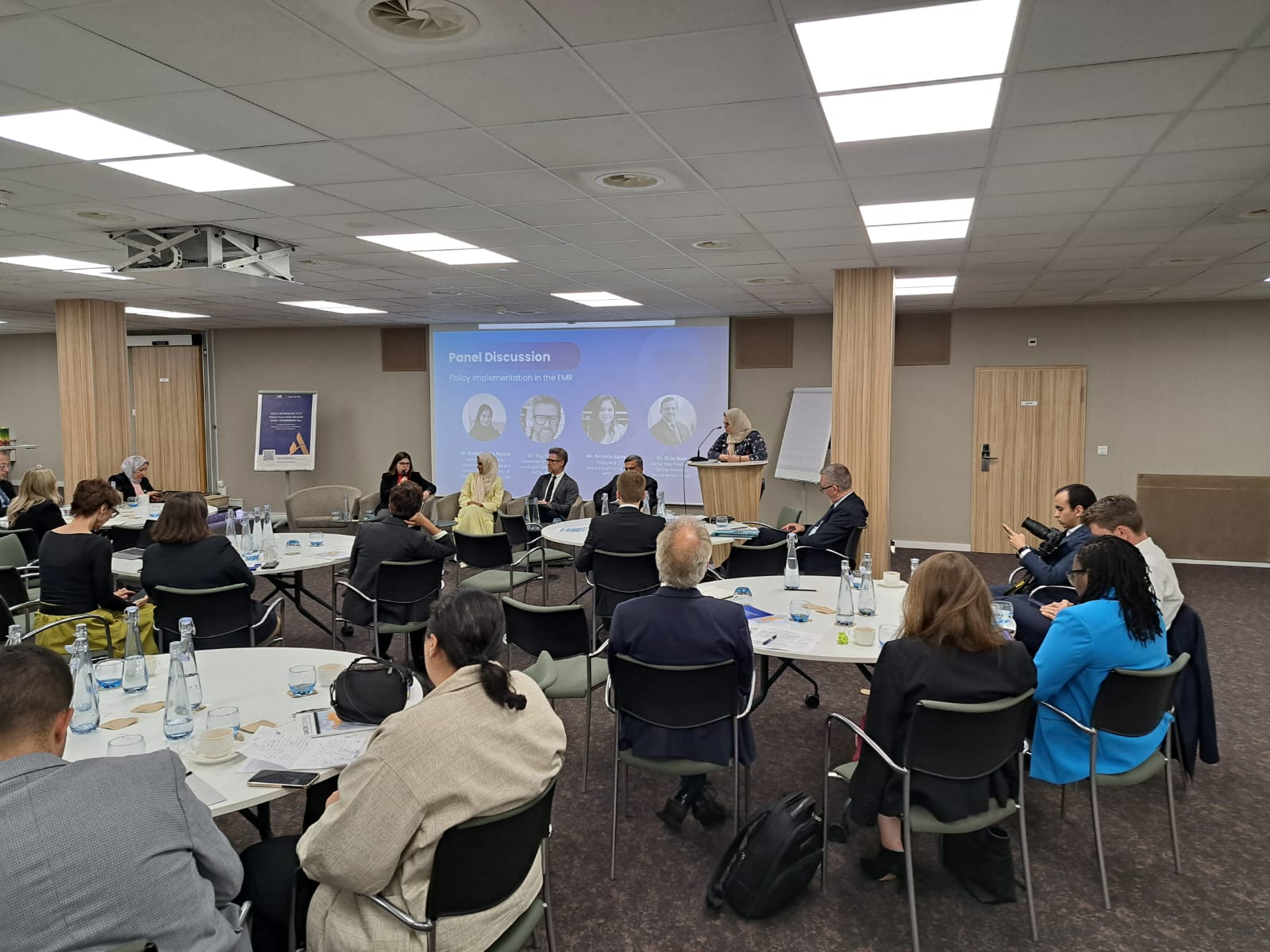

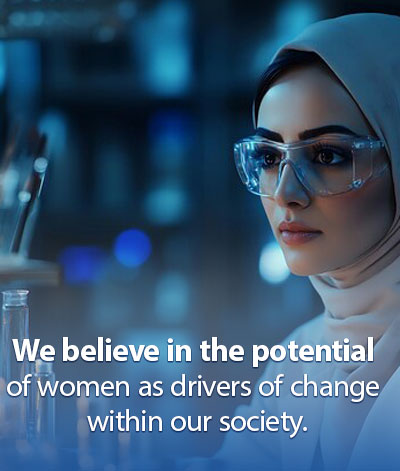

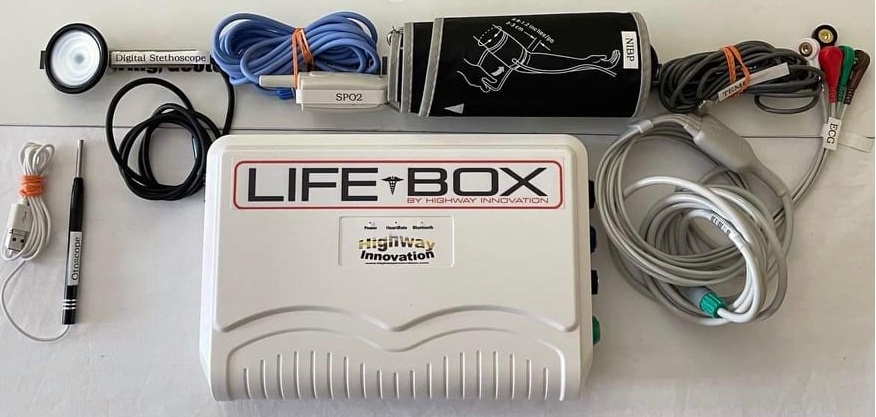

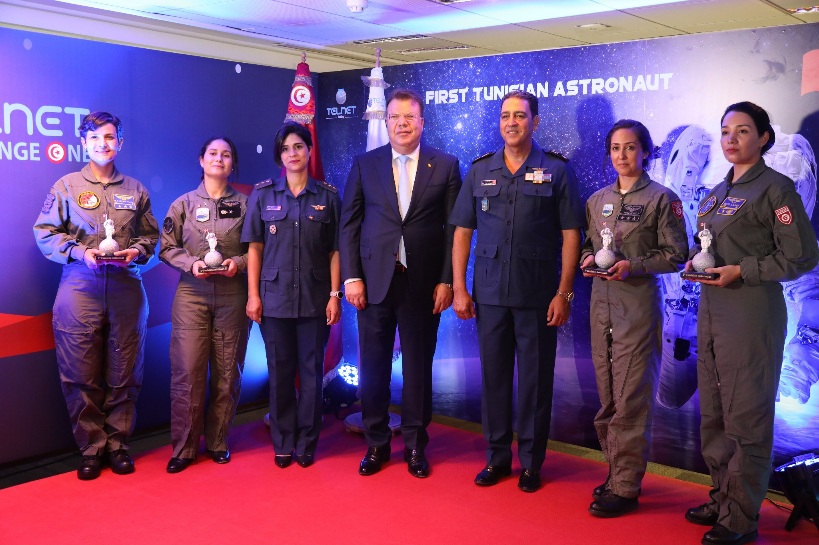
.jpg)
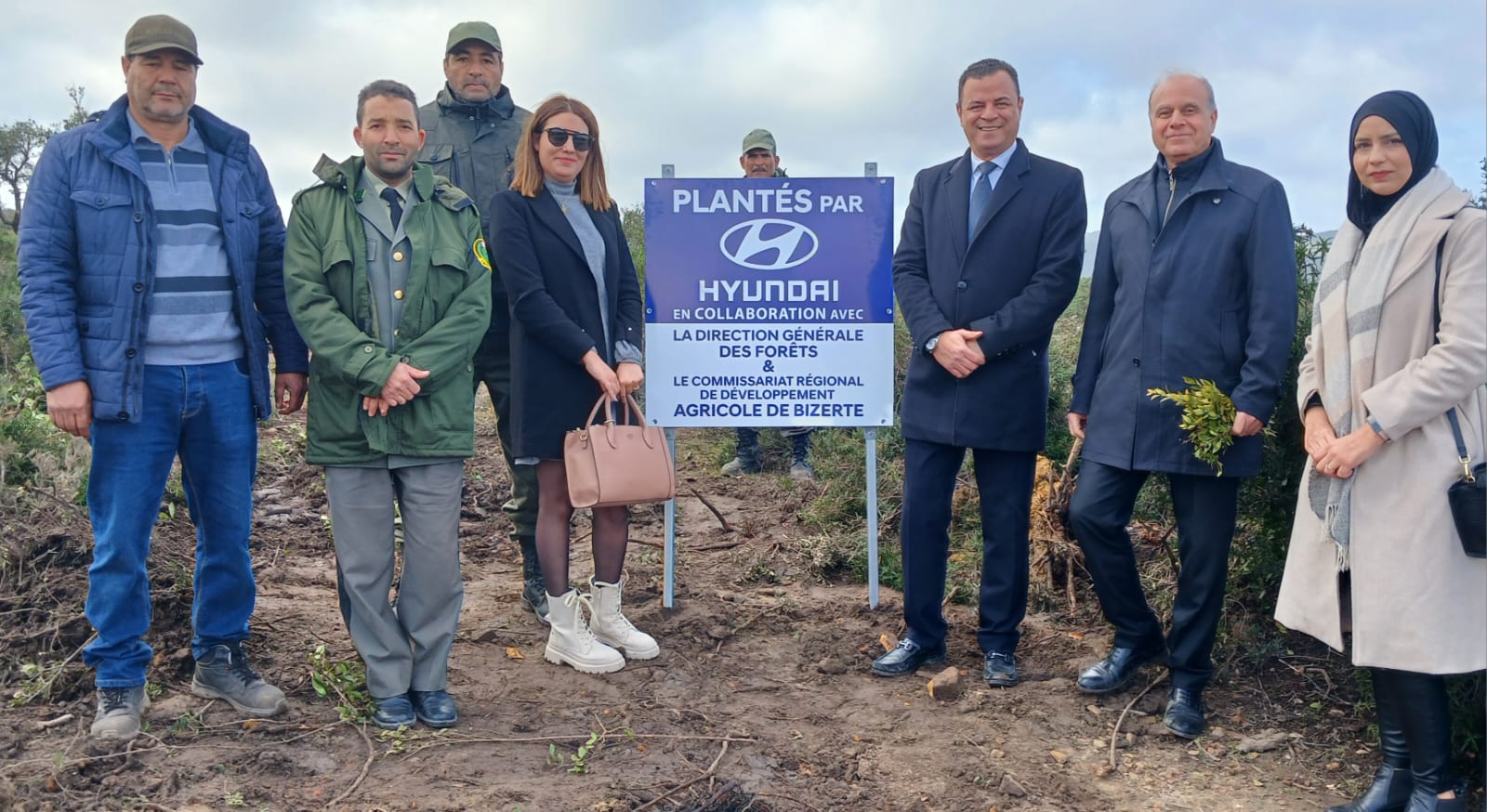
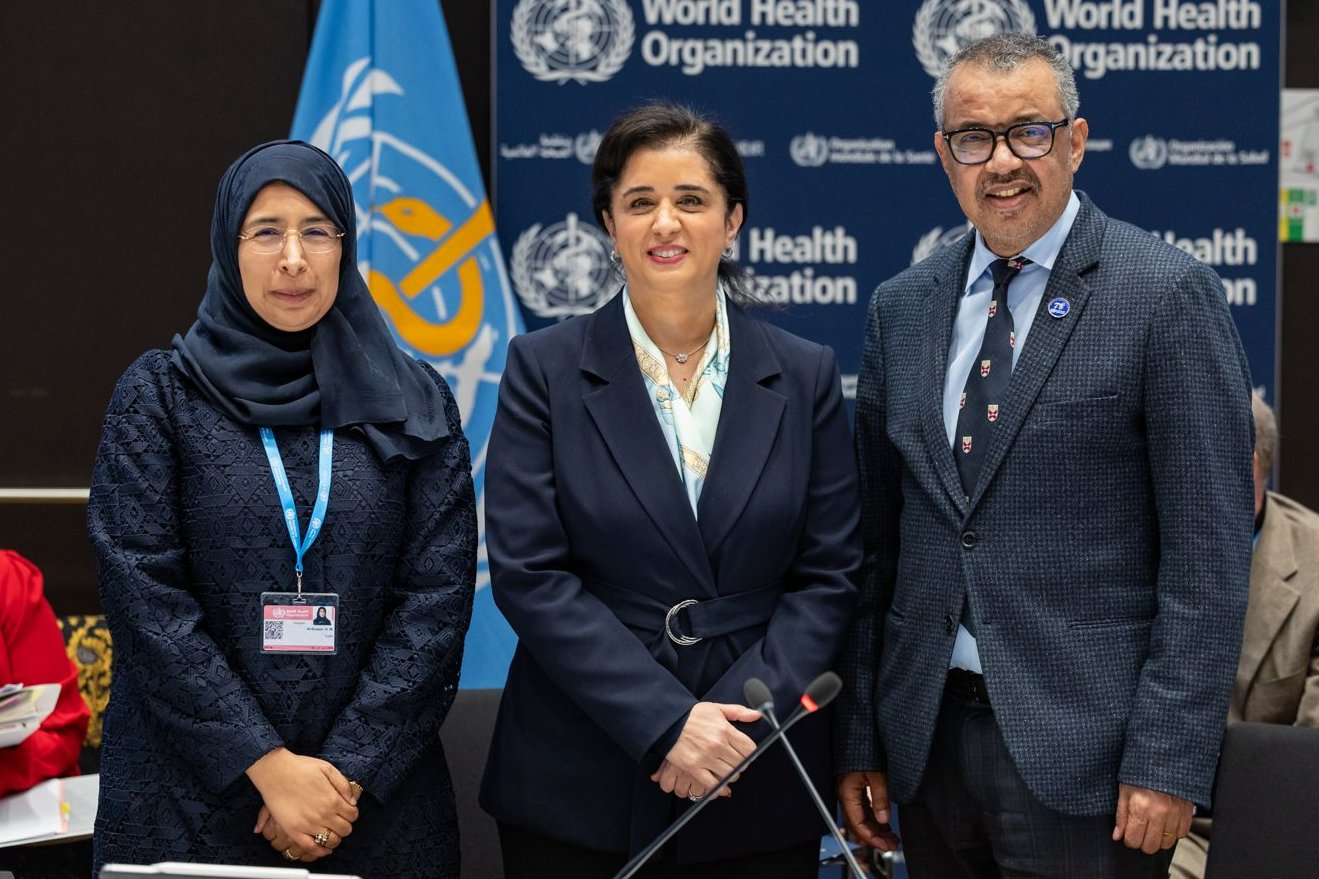
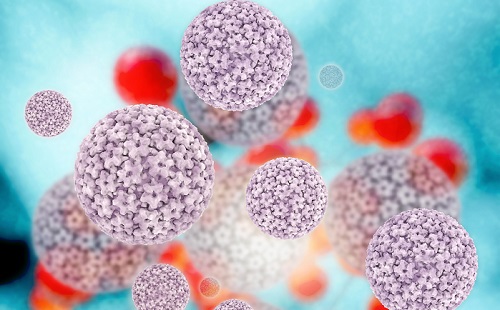
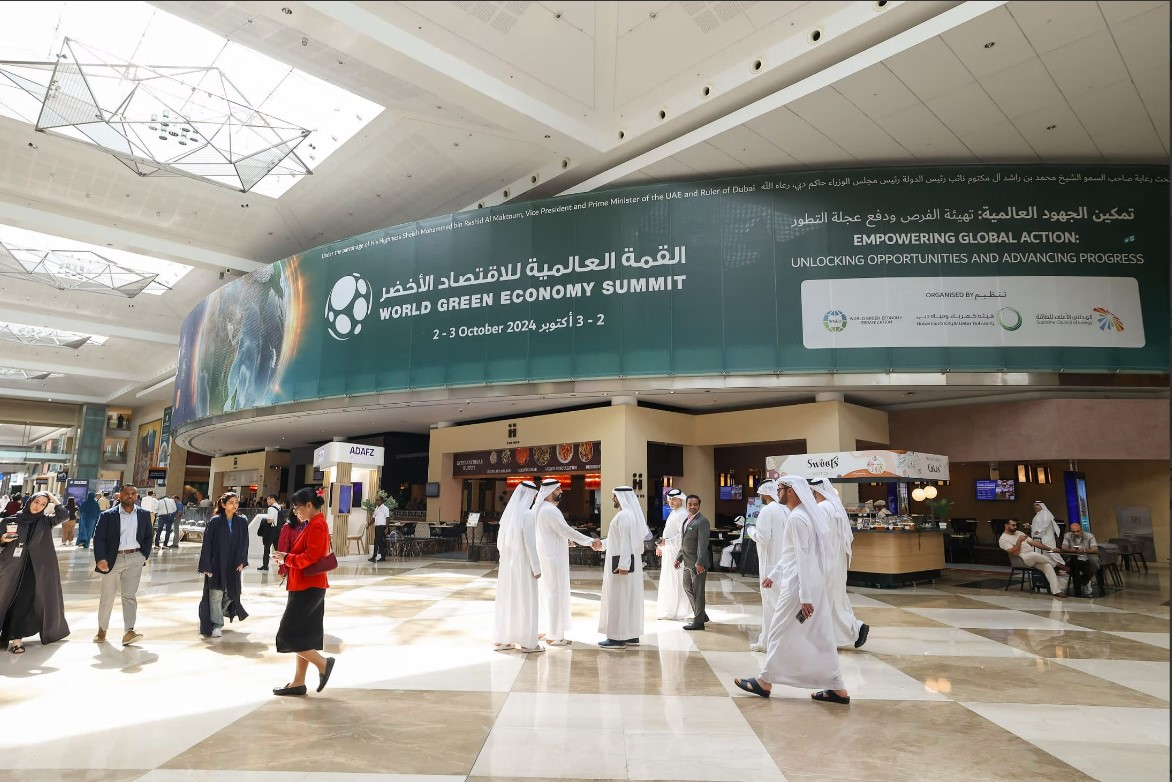
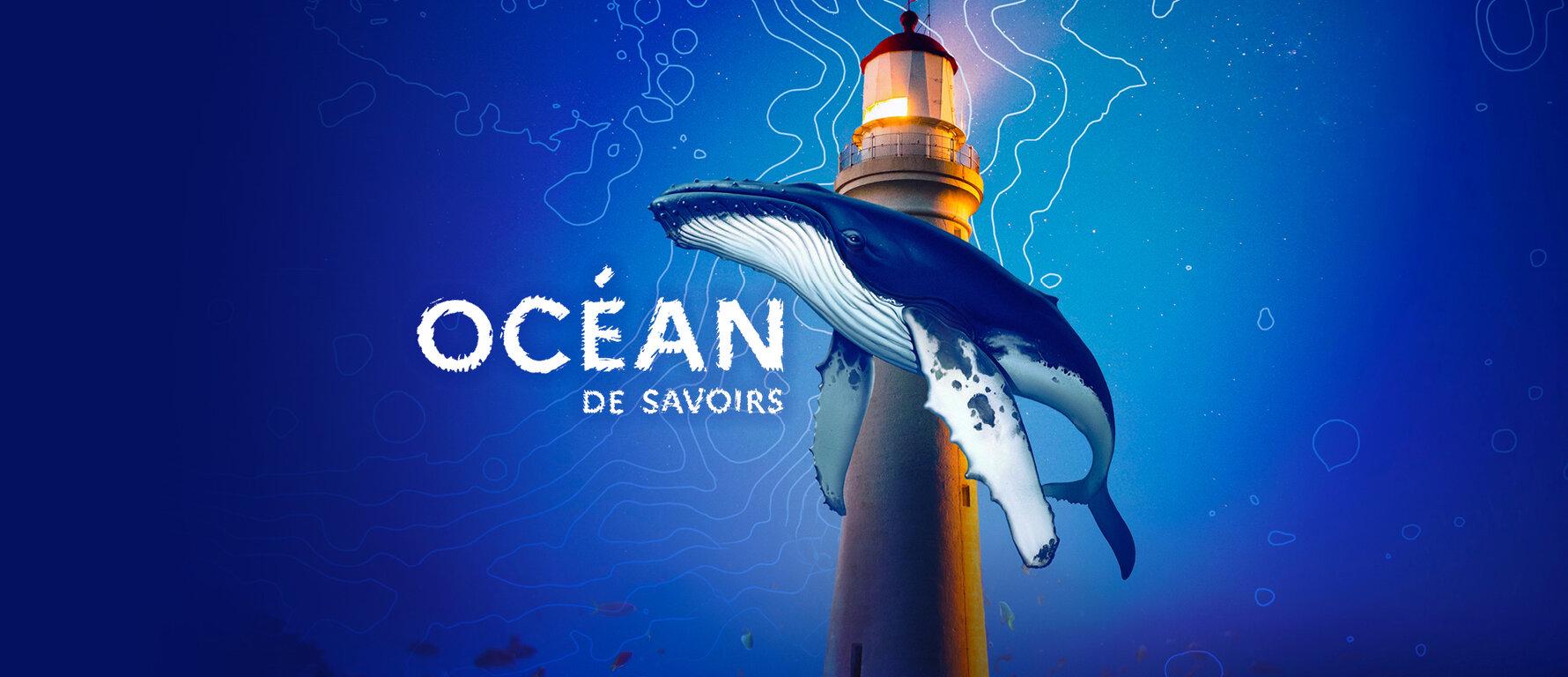


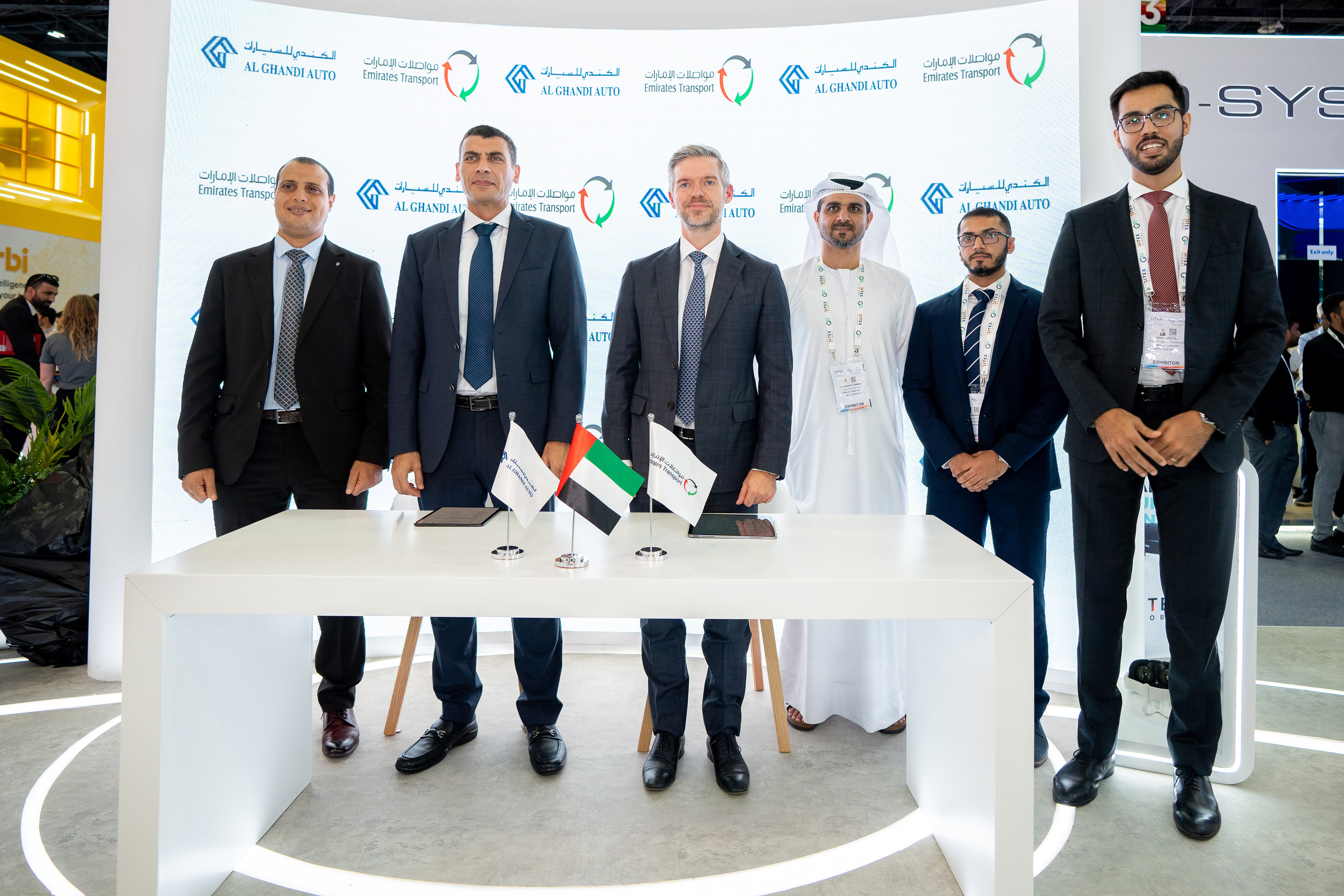
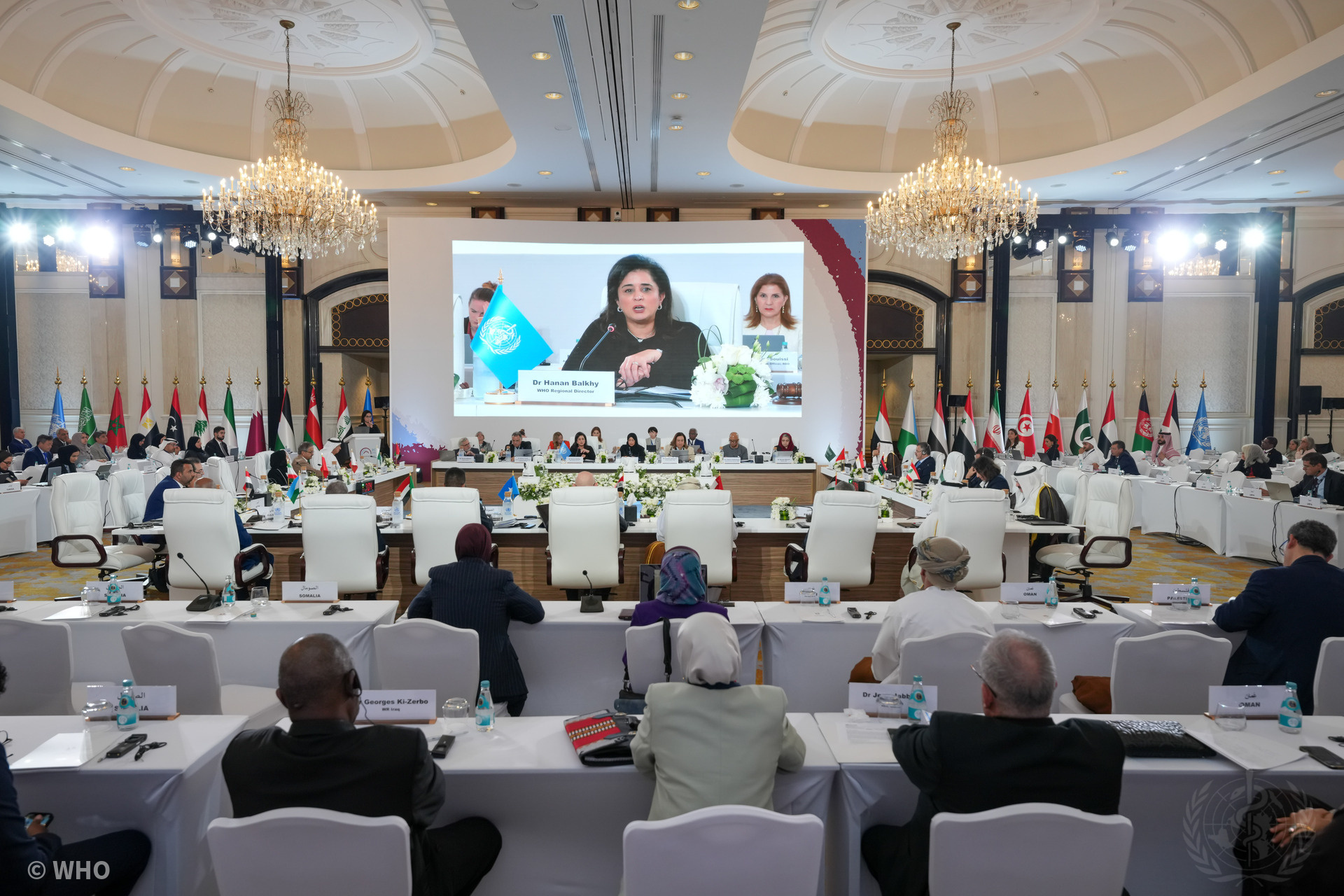

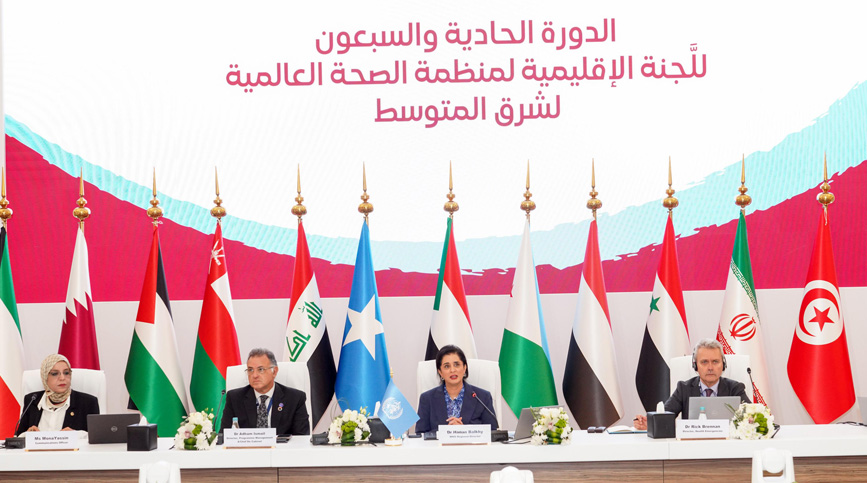
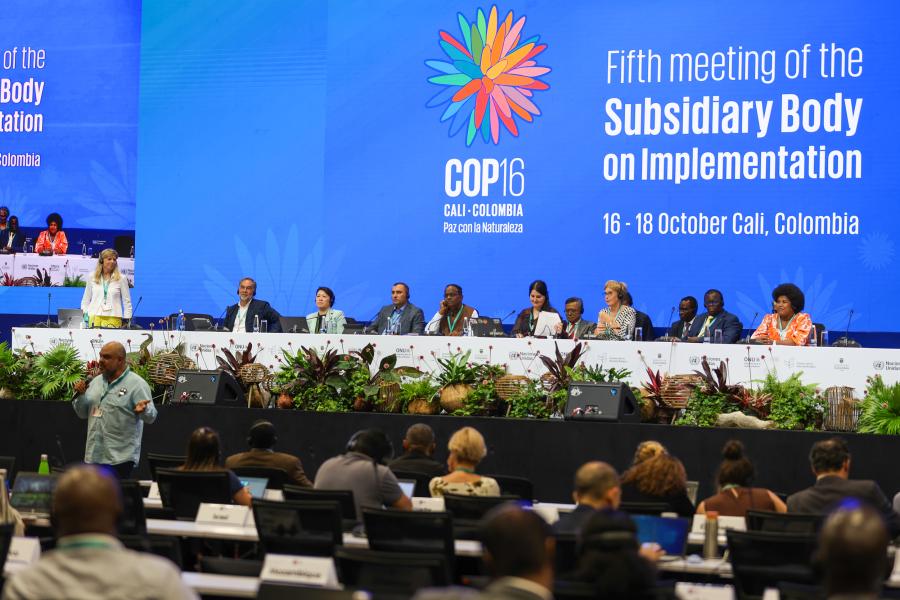

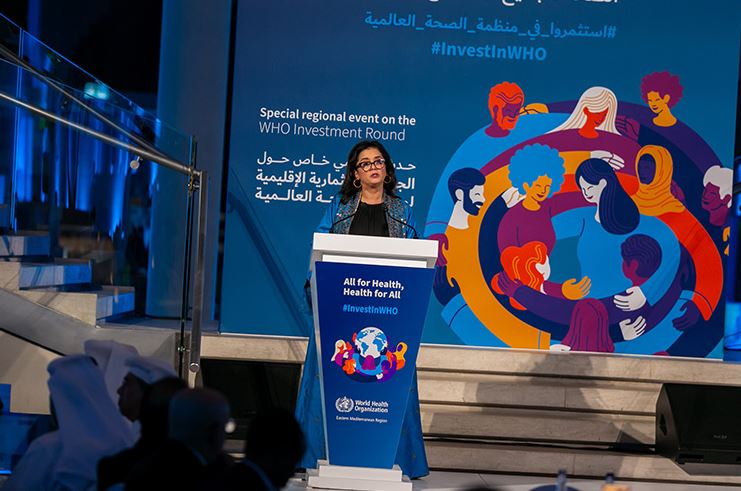

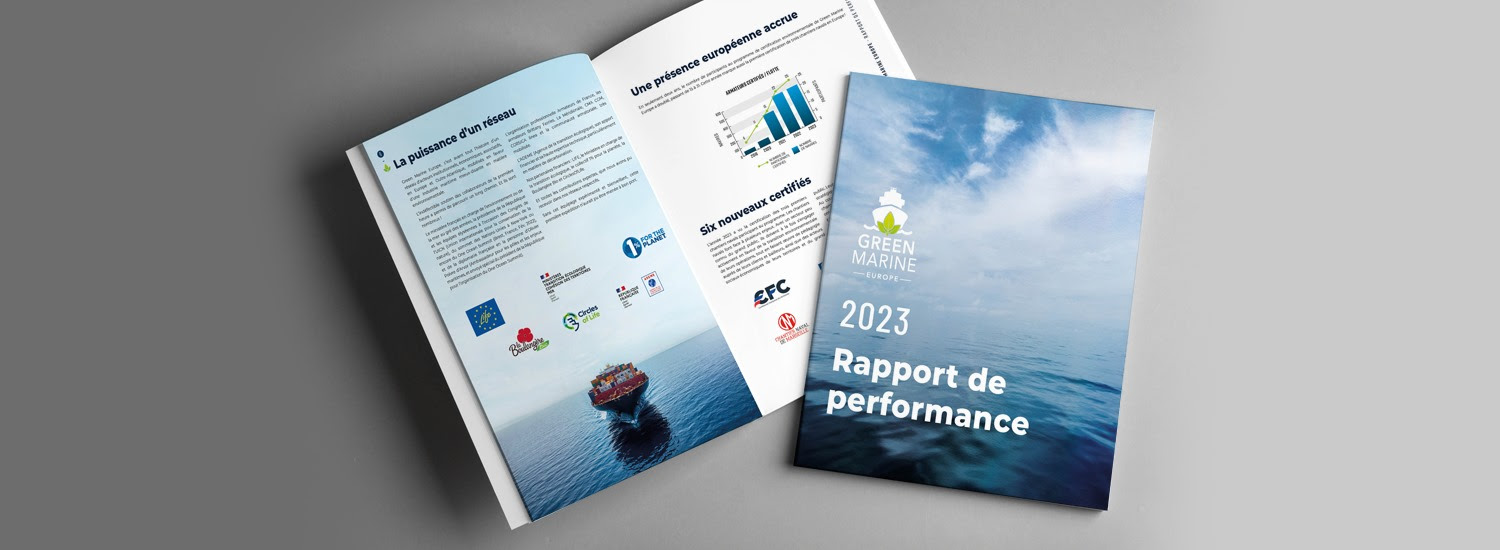
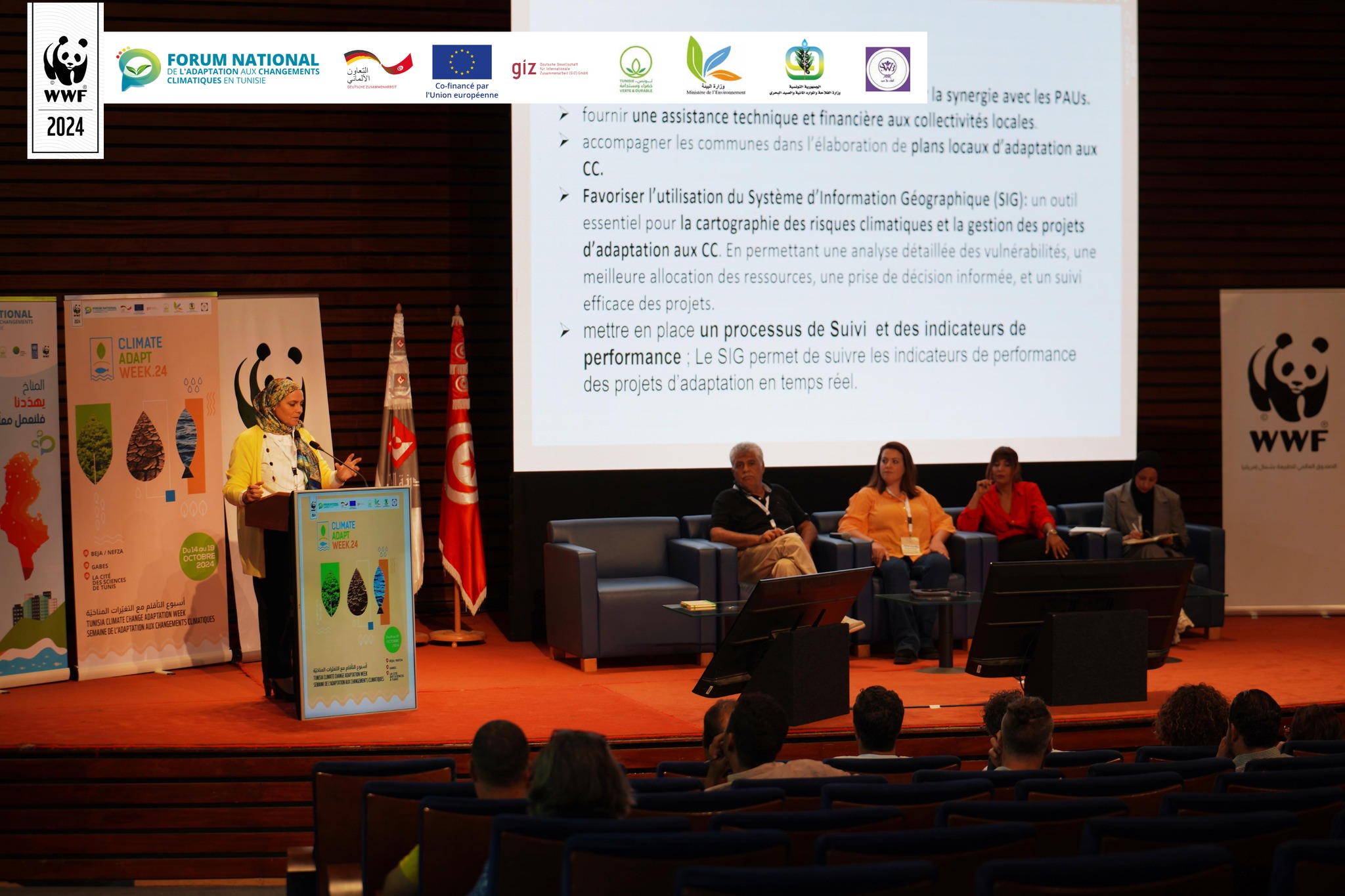
.jpg)
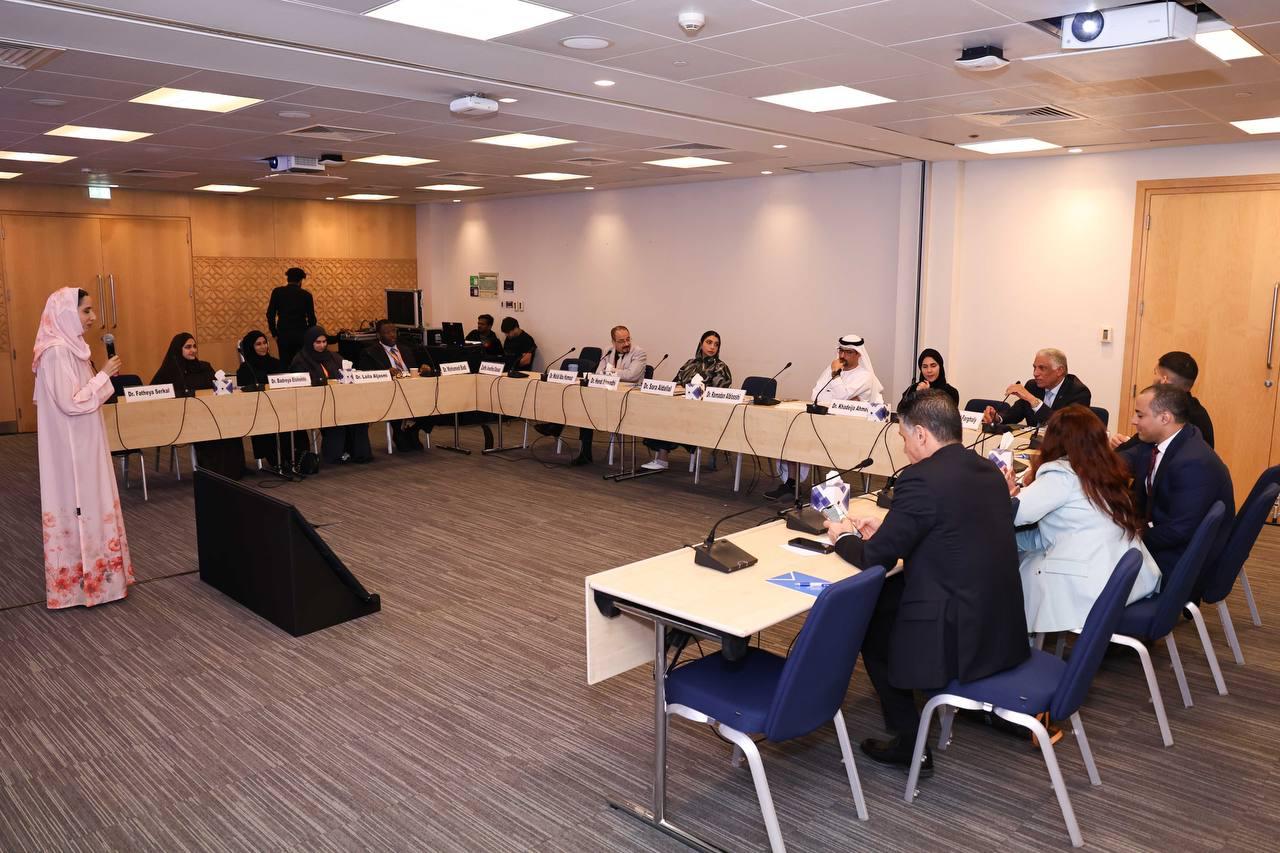
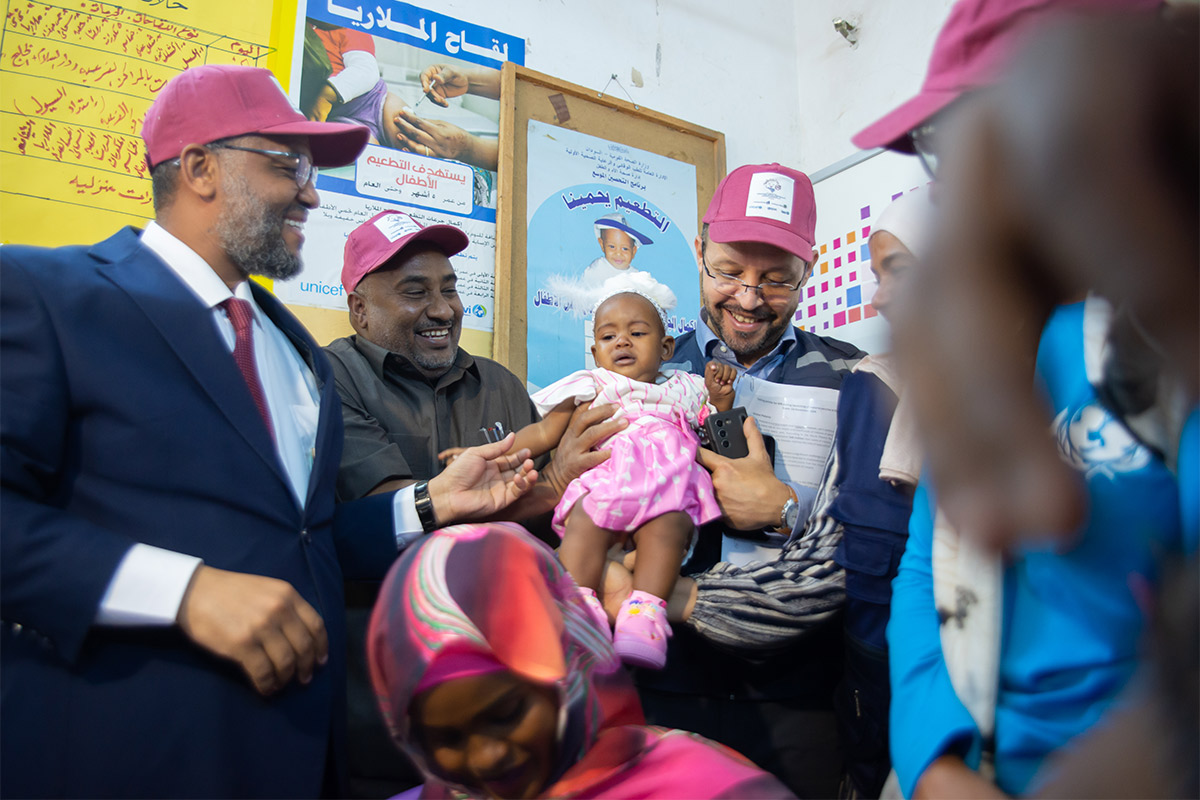
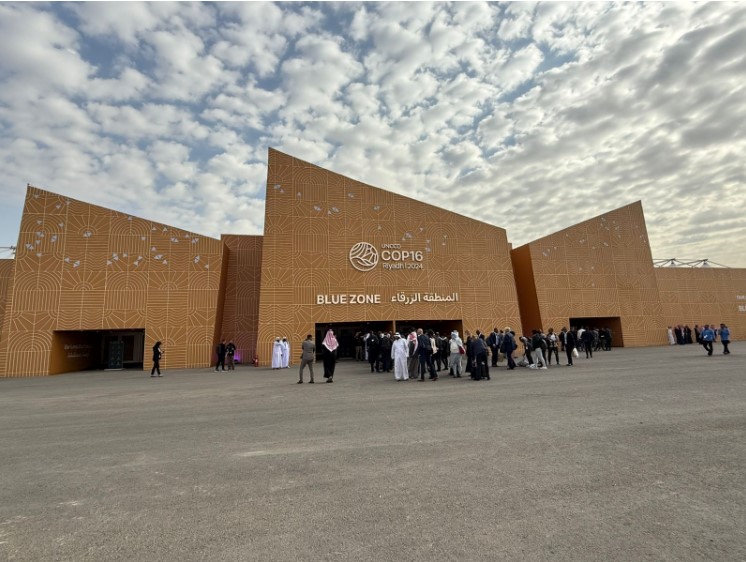
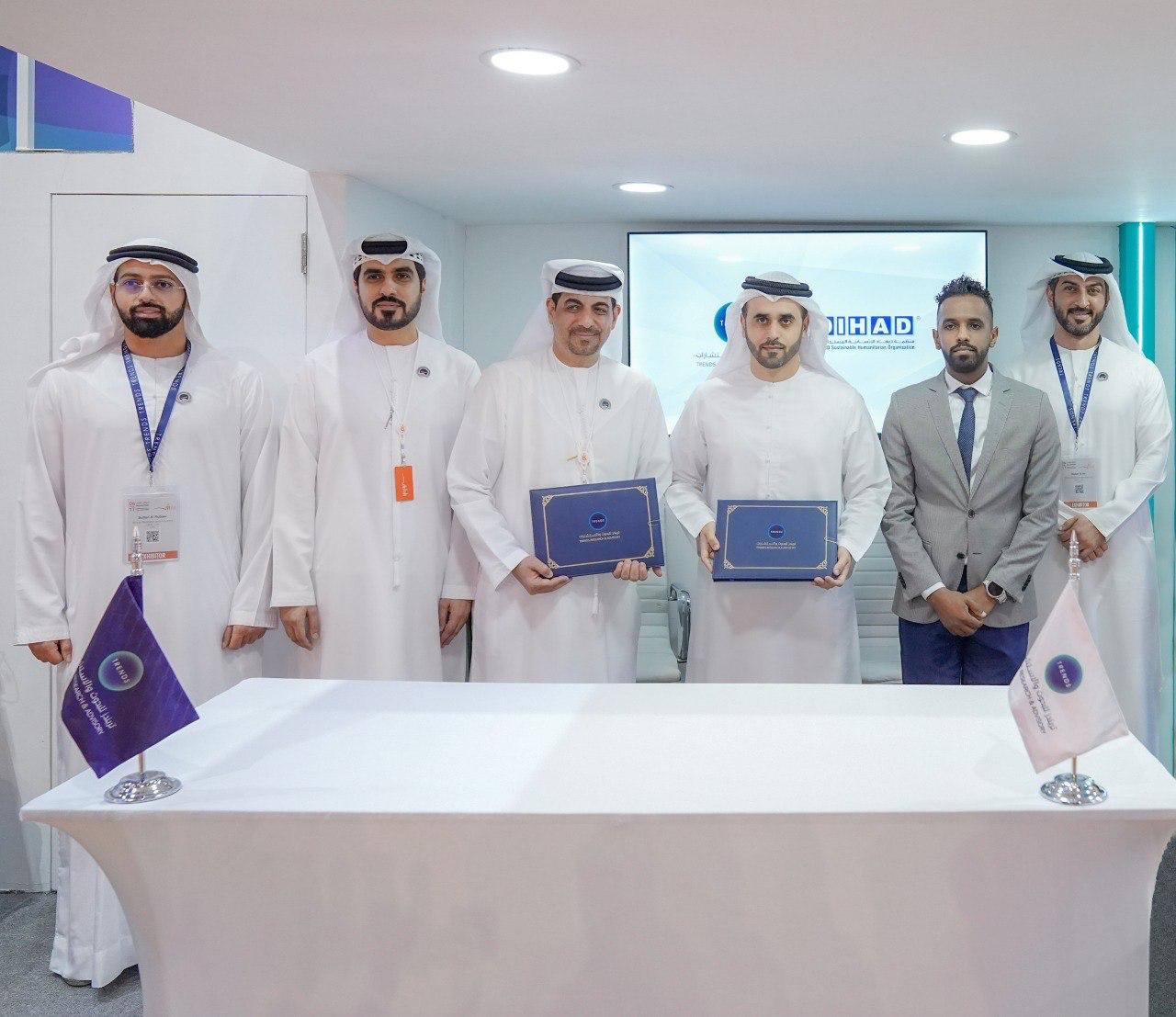
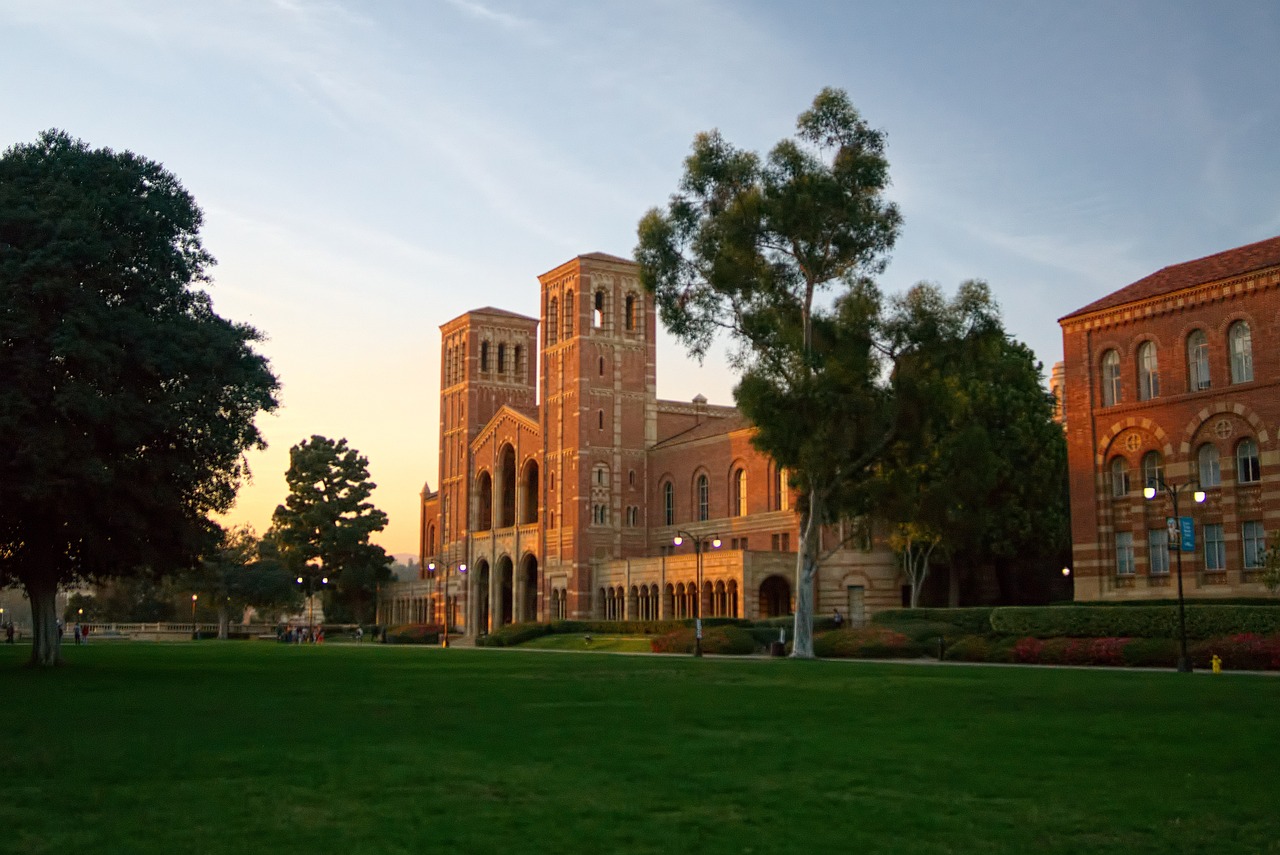
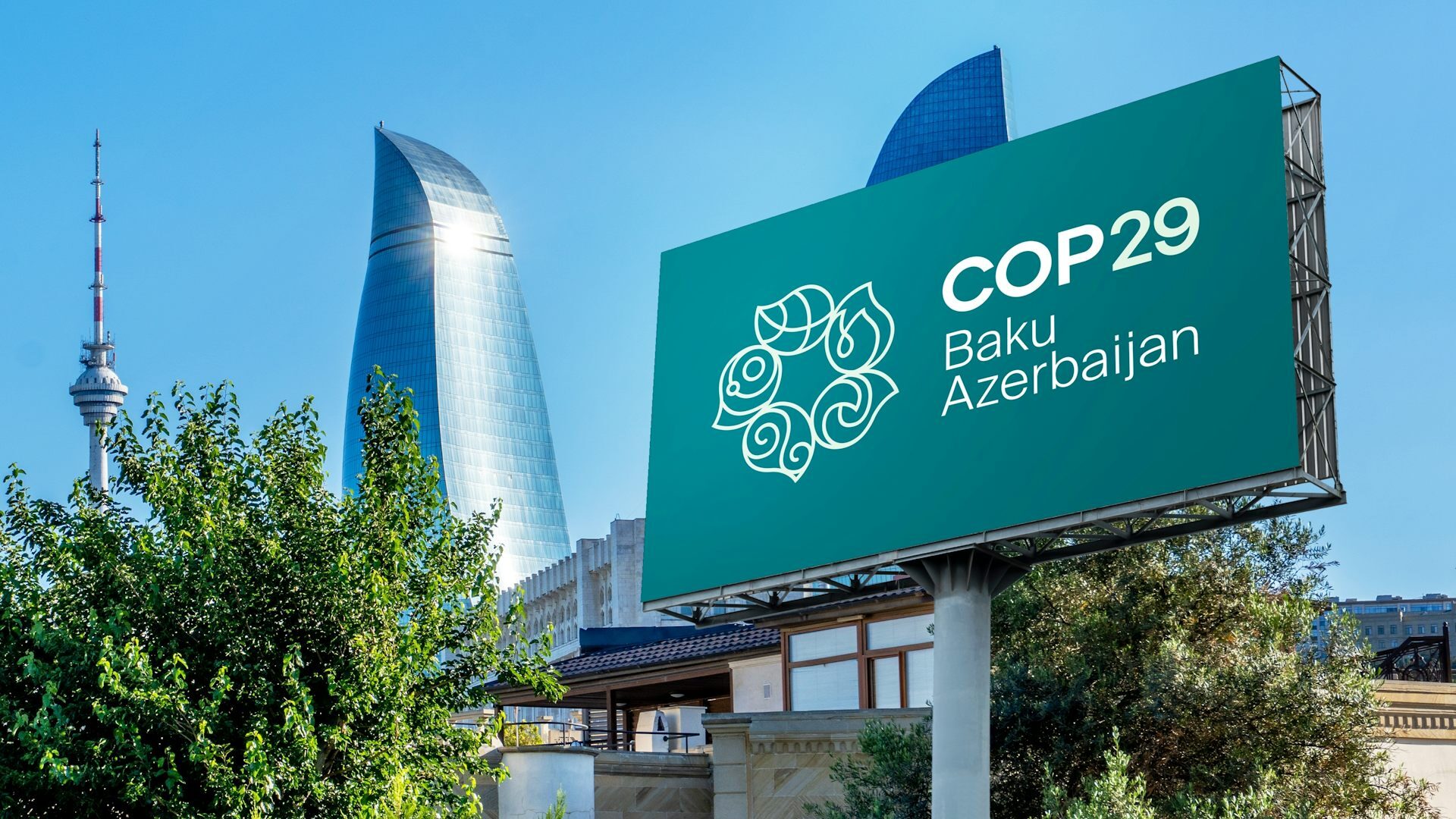
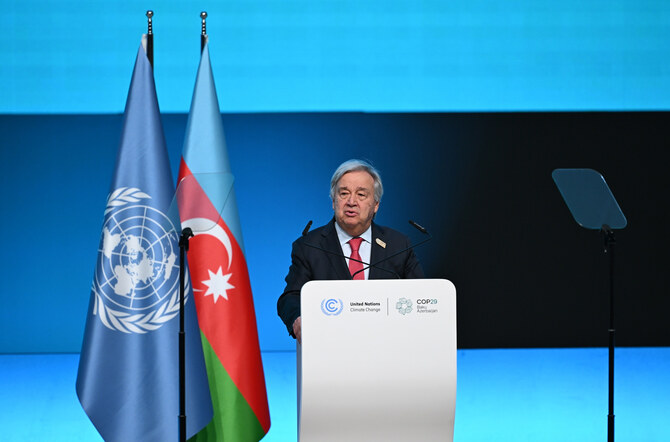
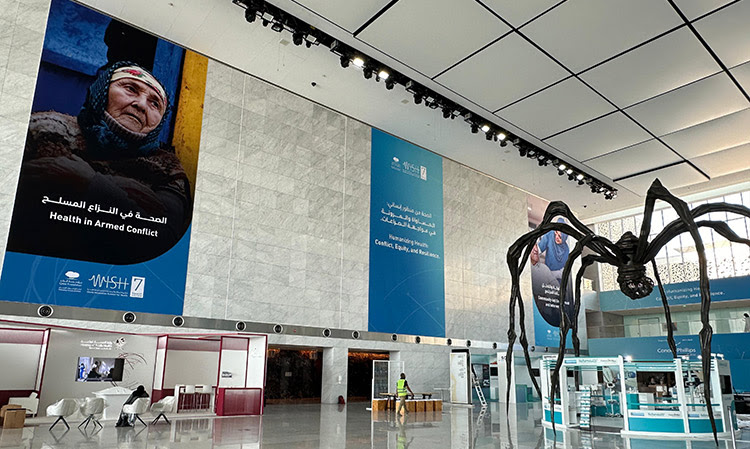
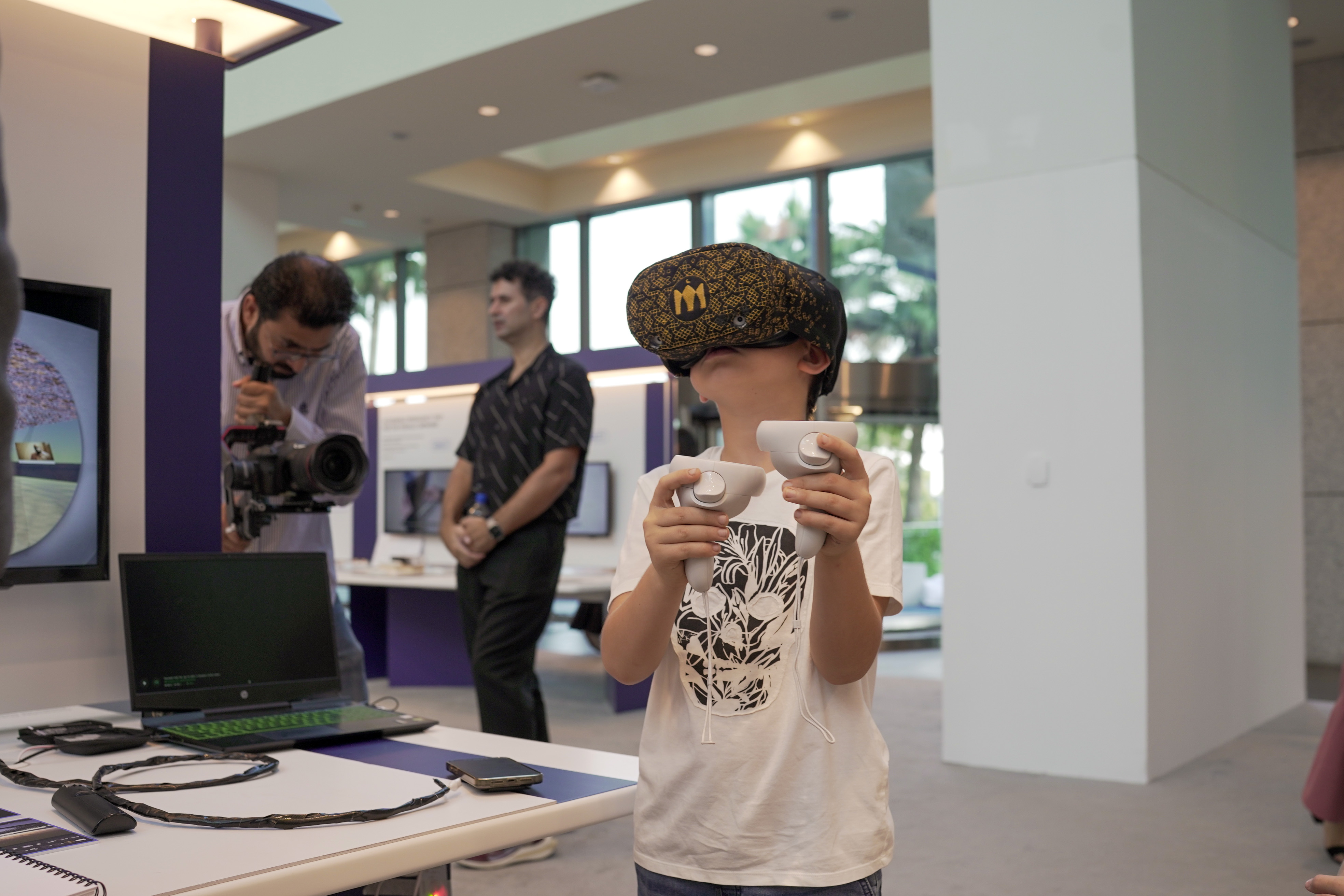

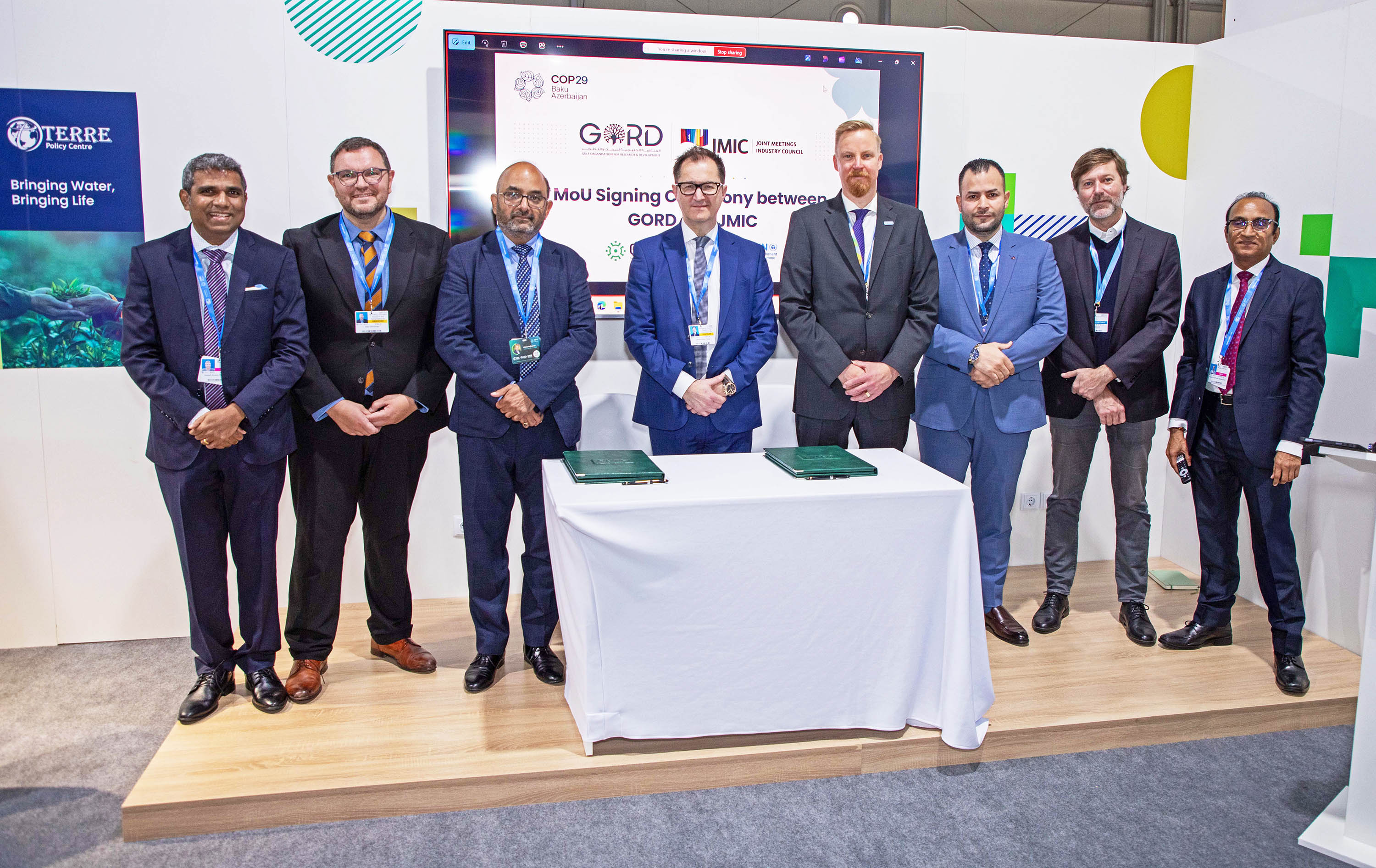
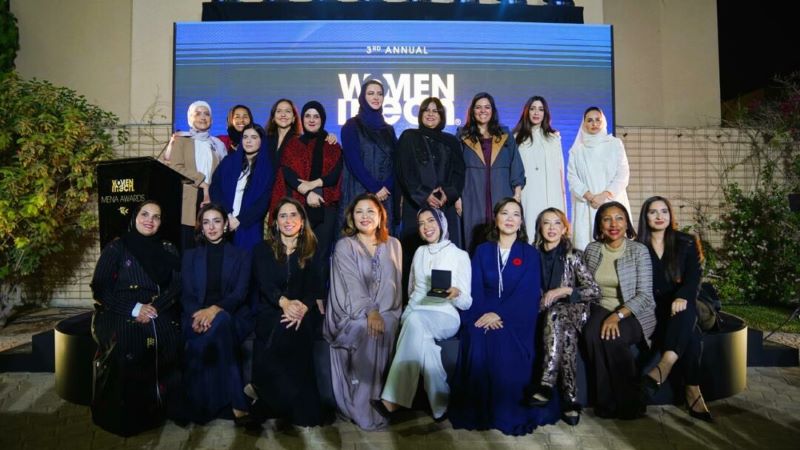

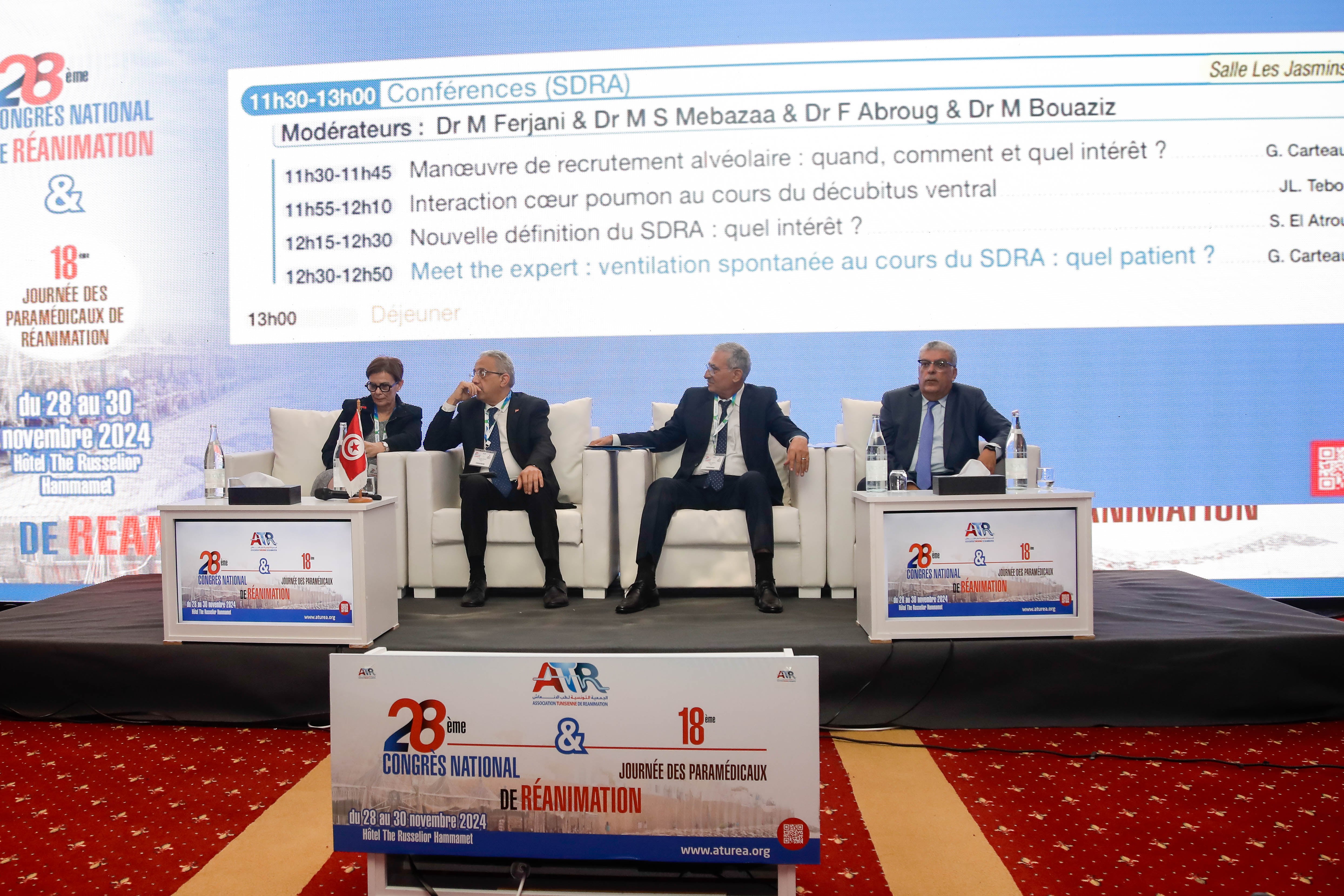
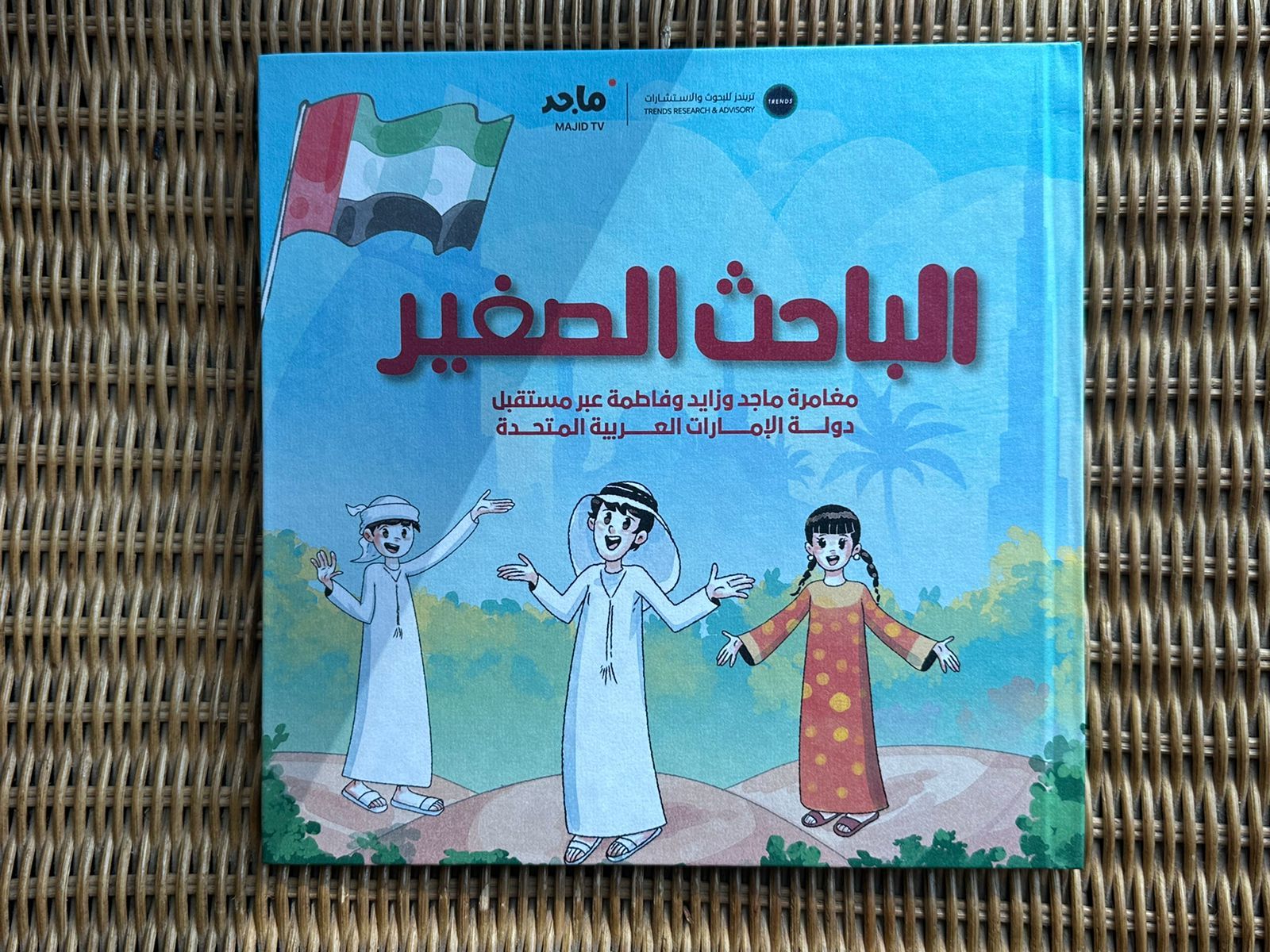
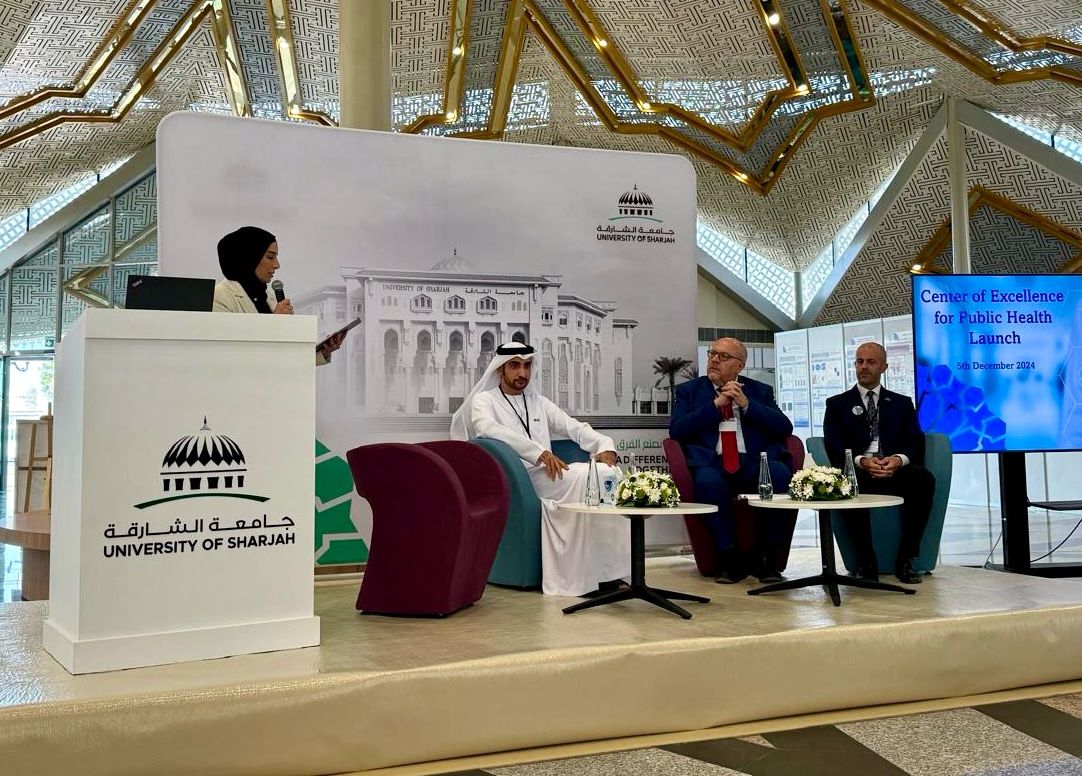
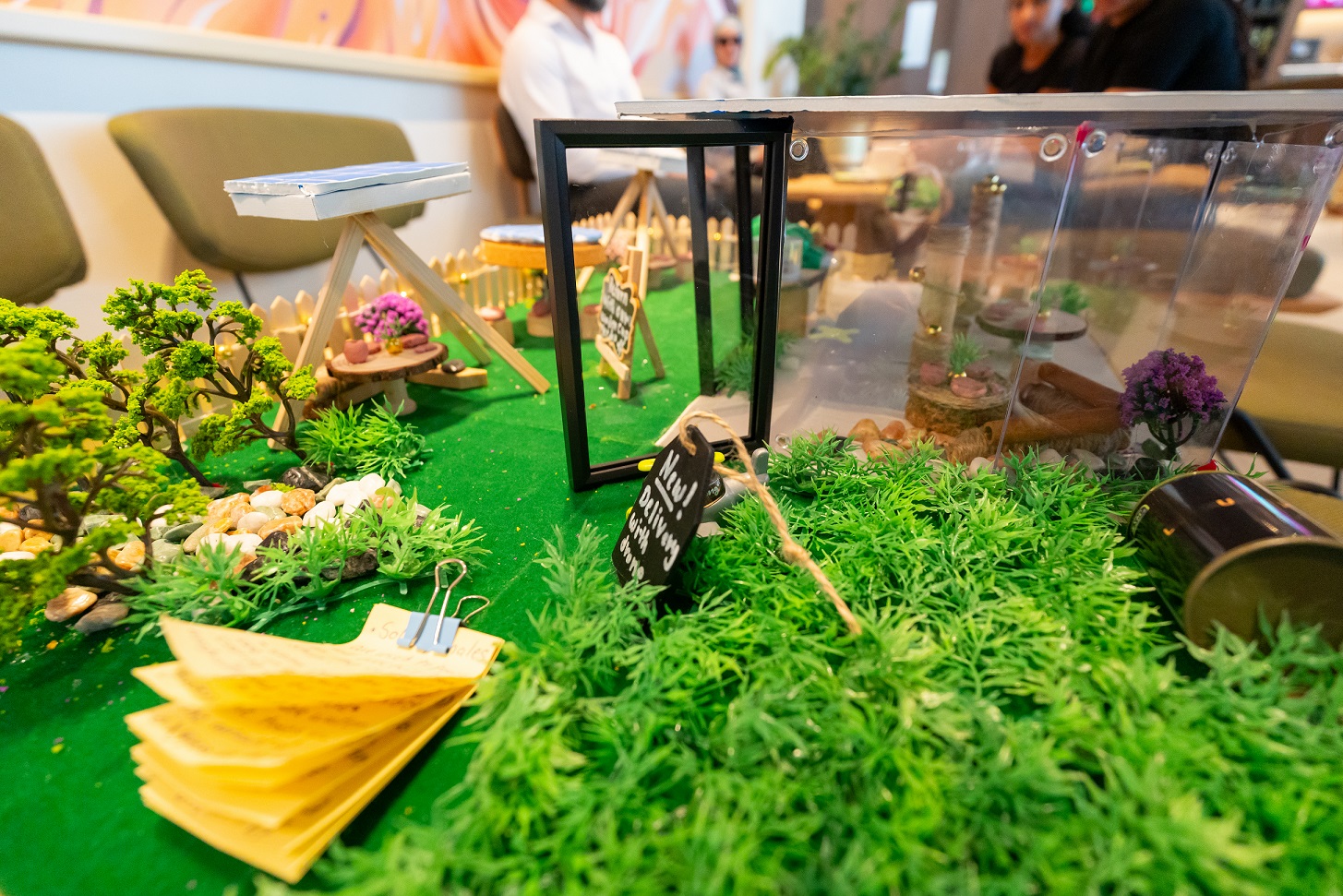

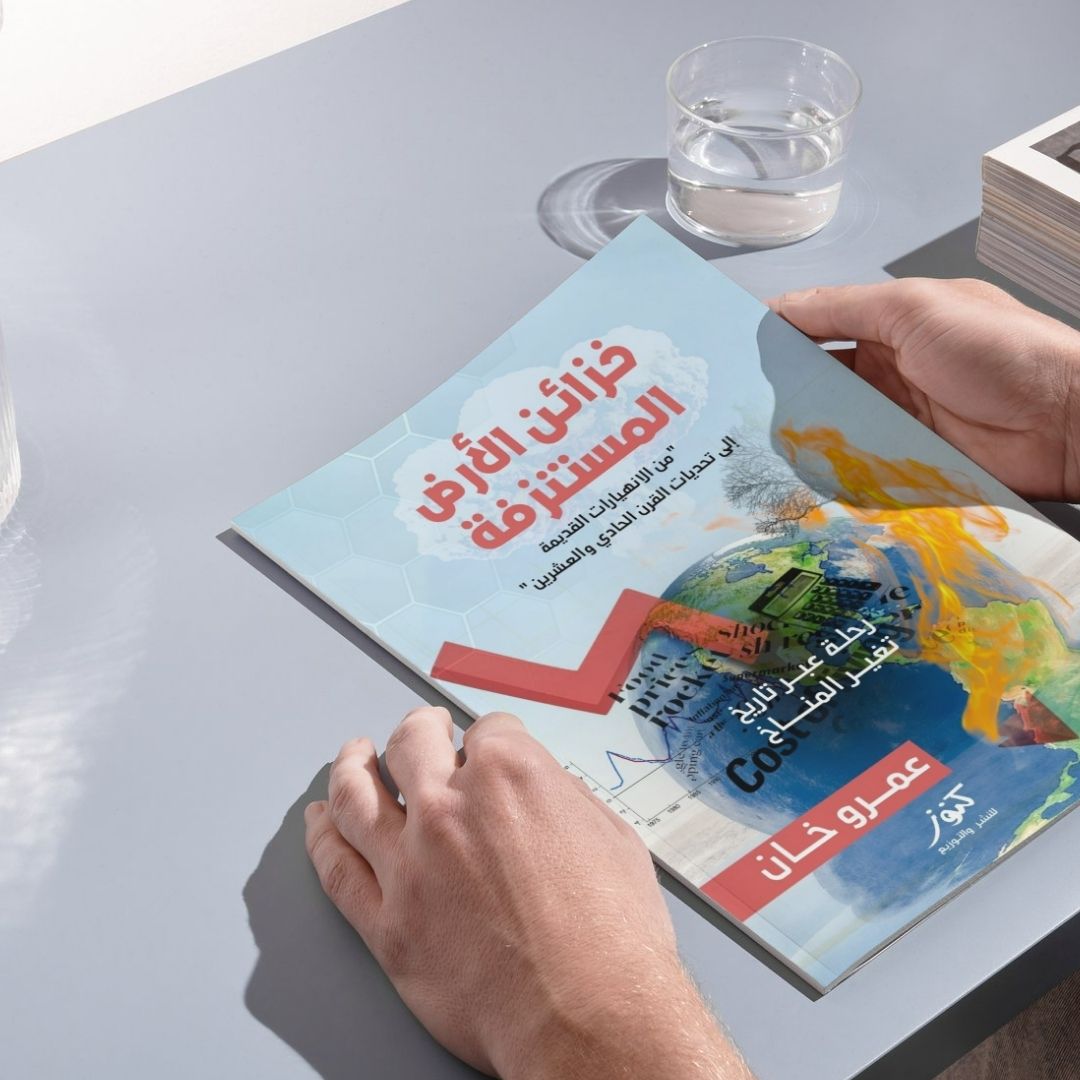
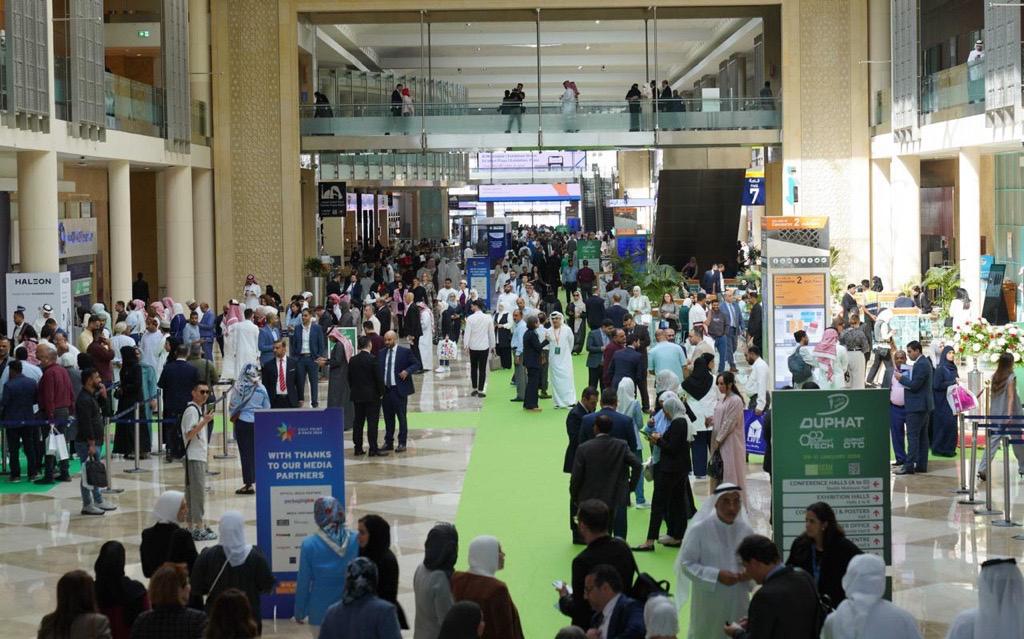

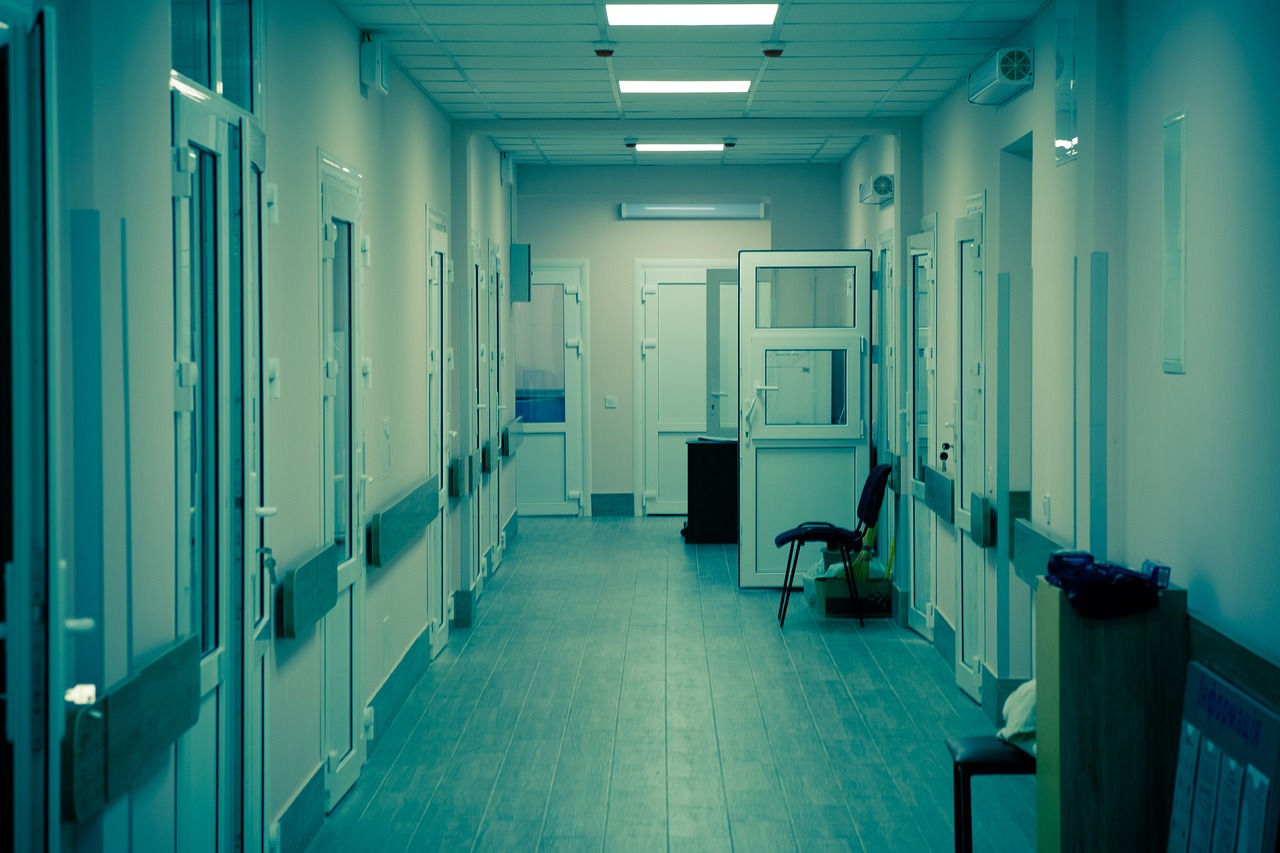
Add Comment